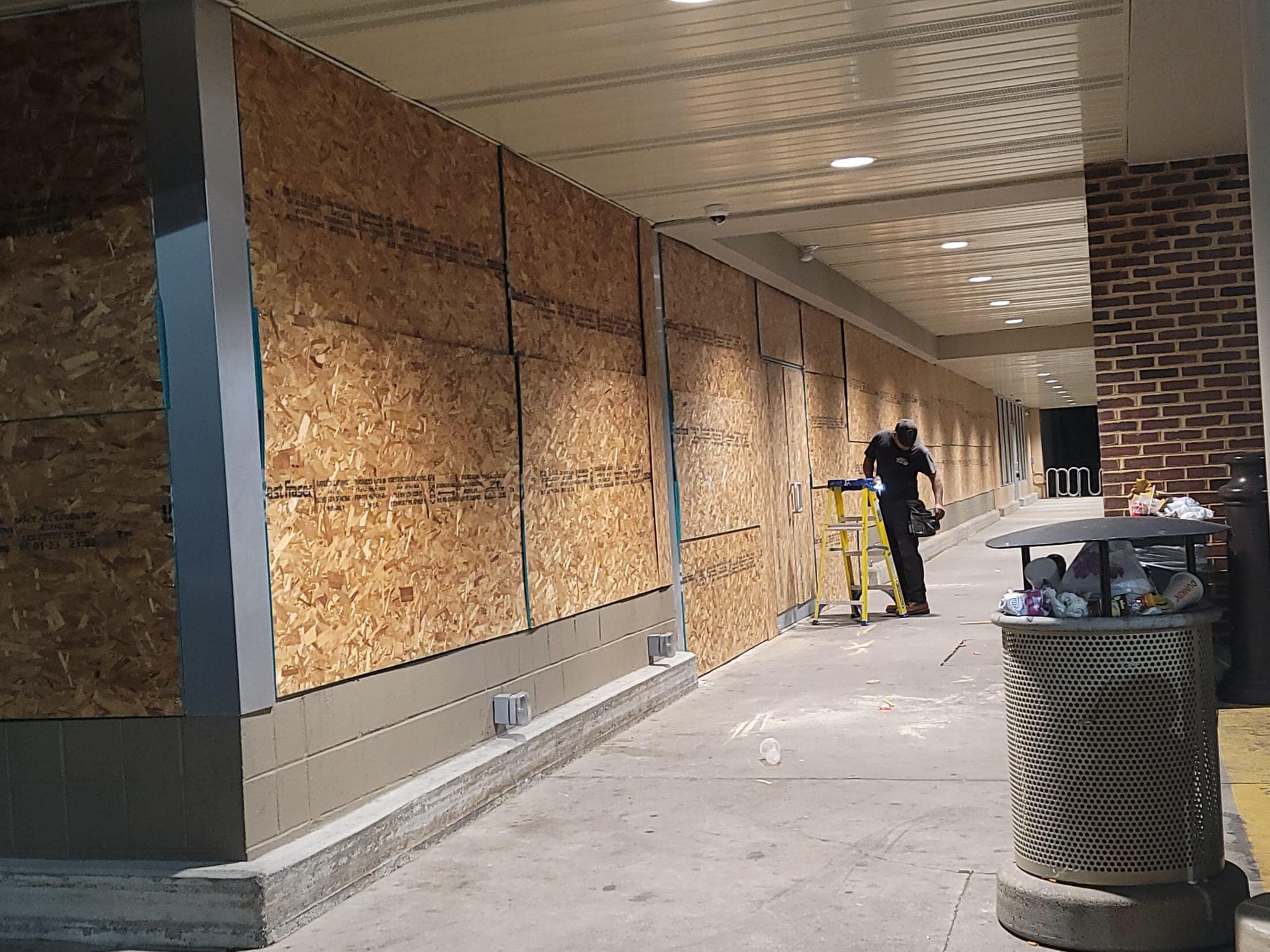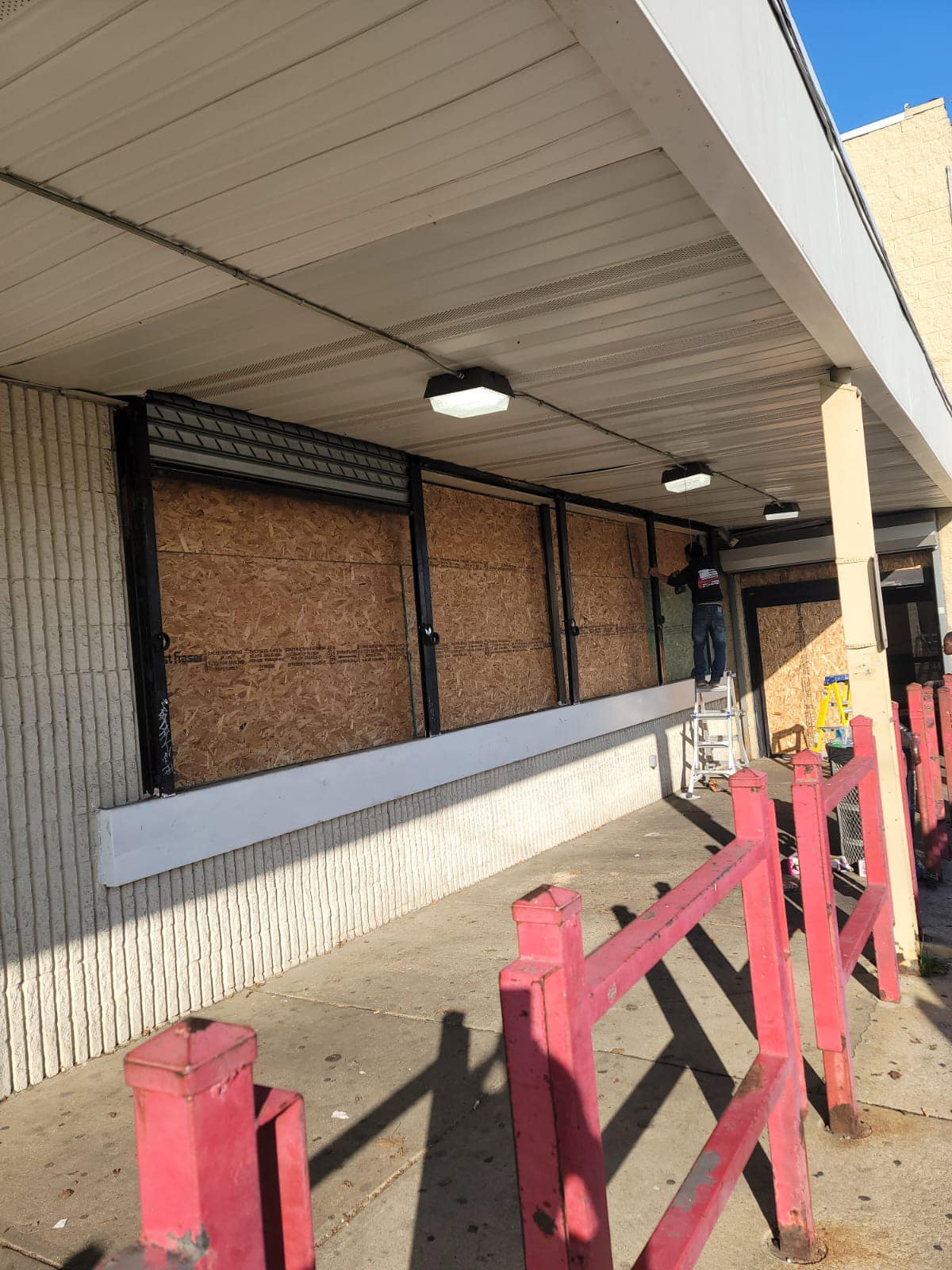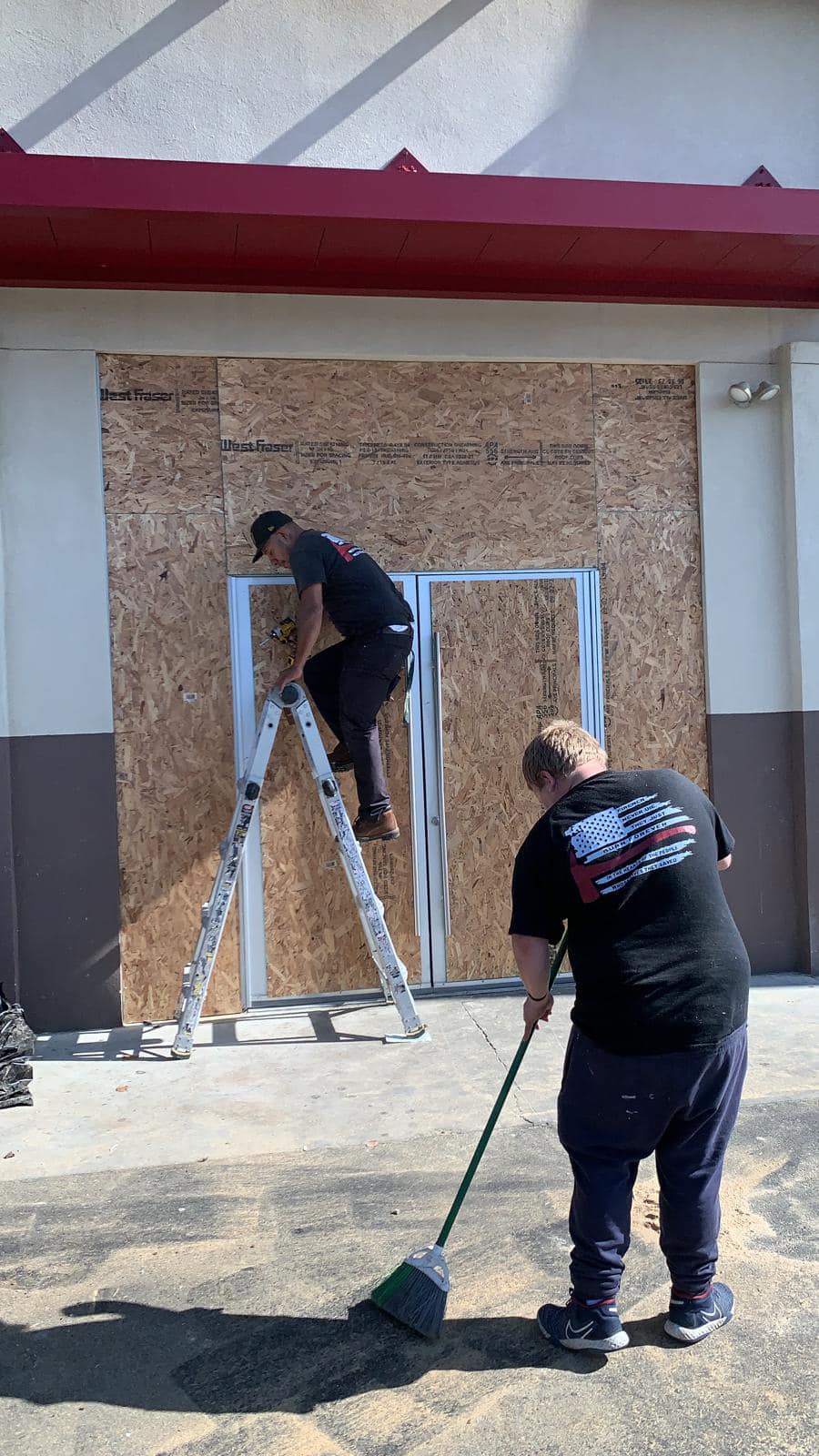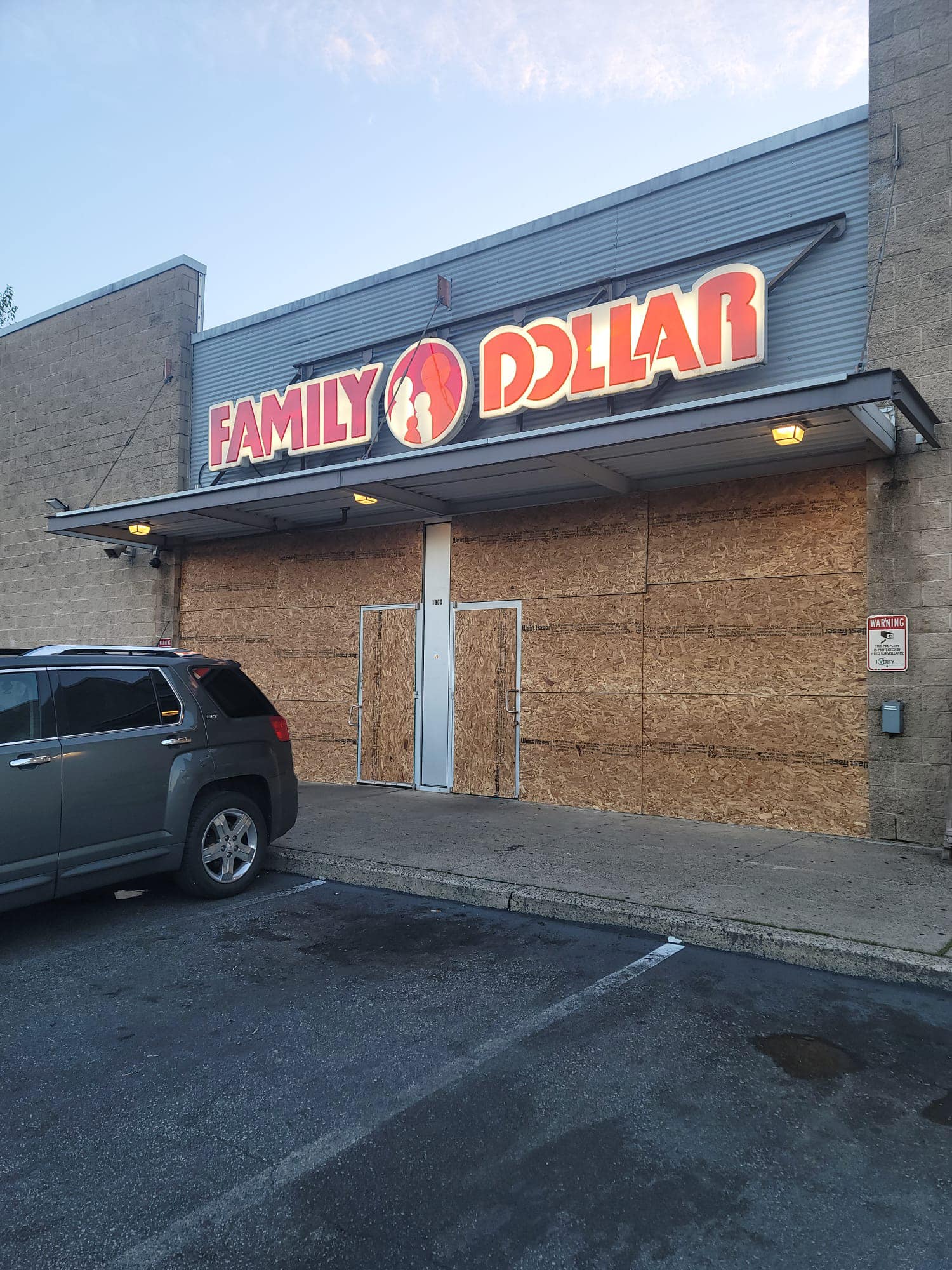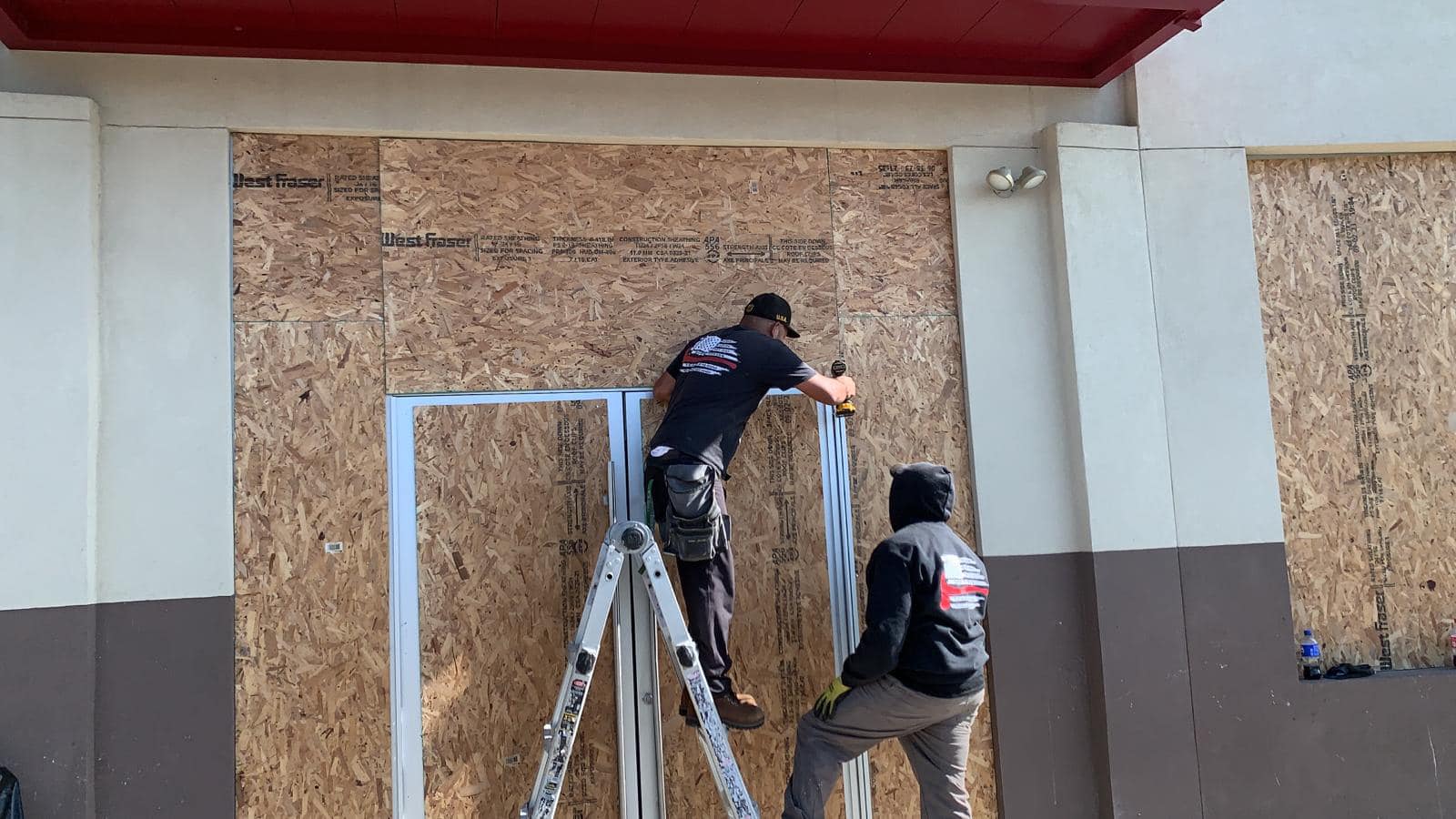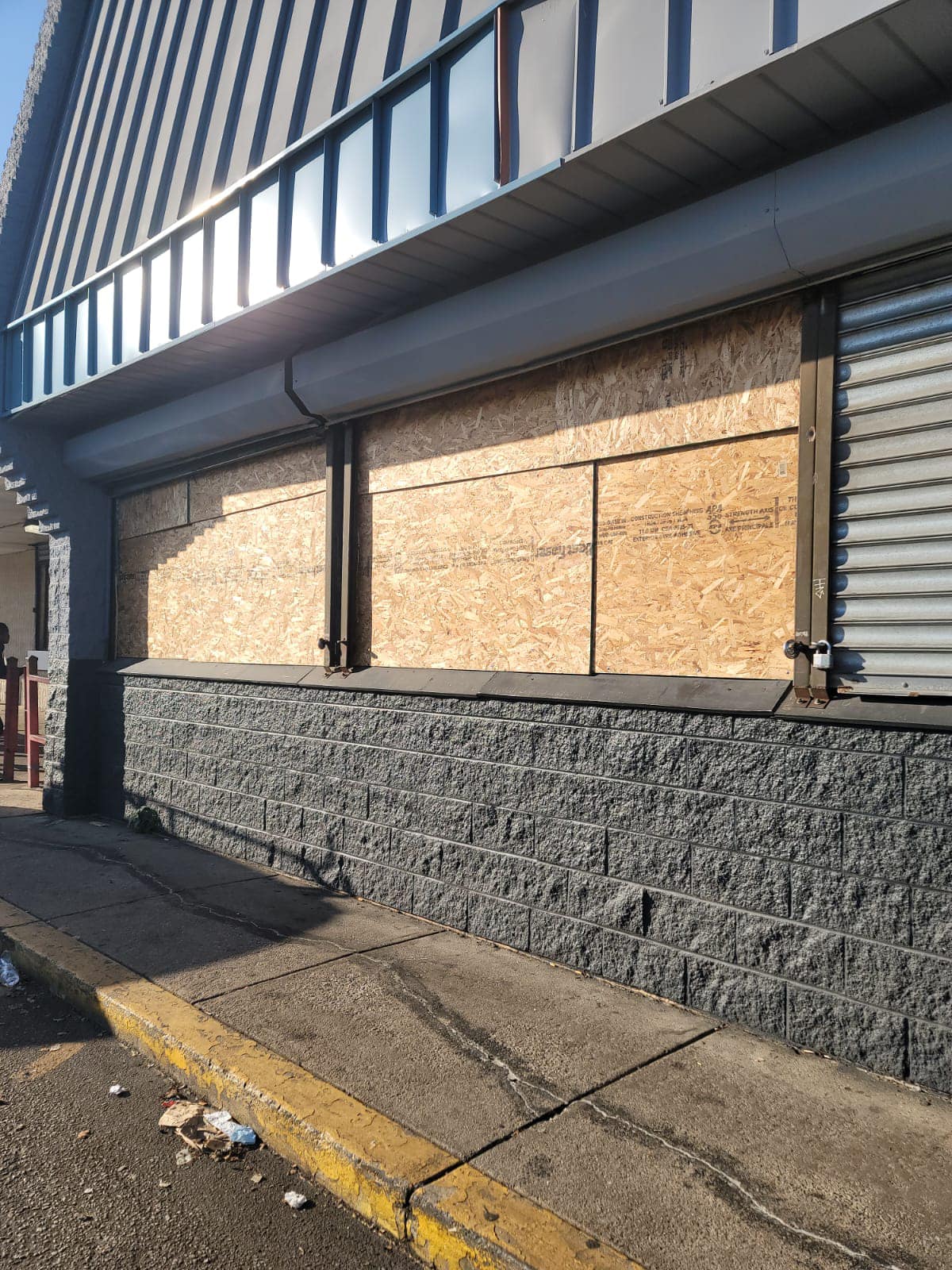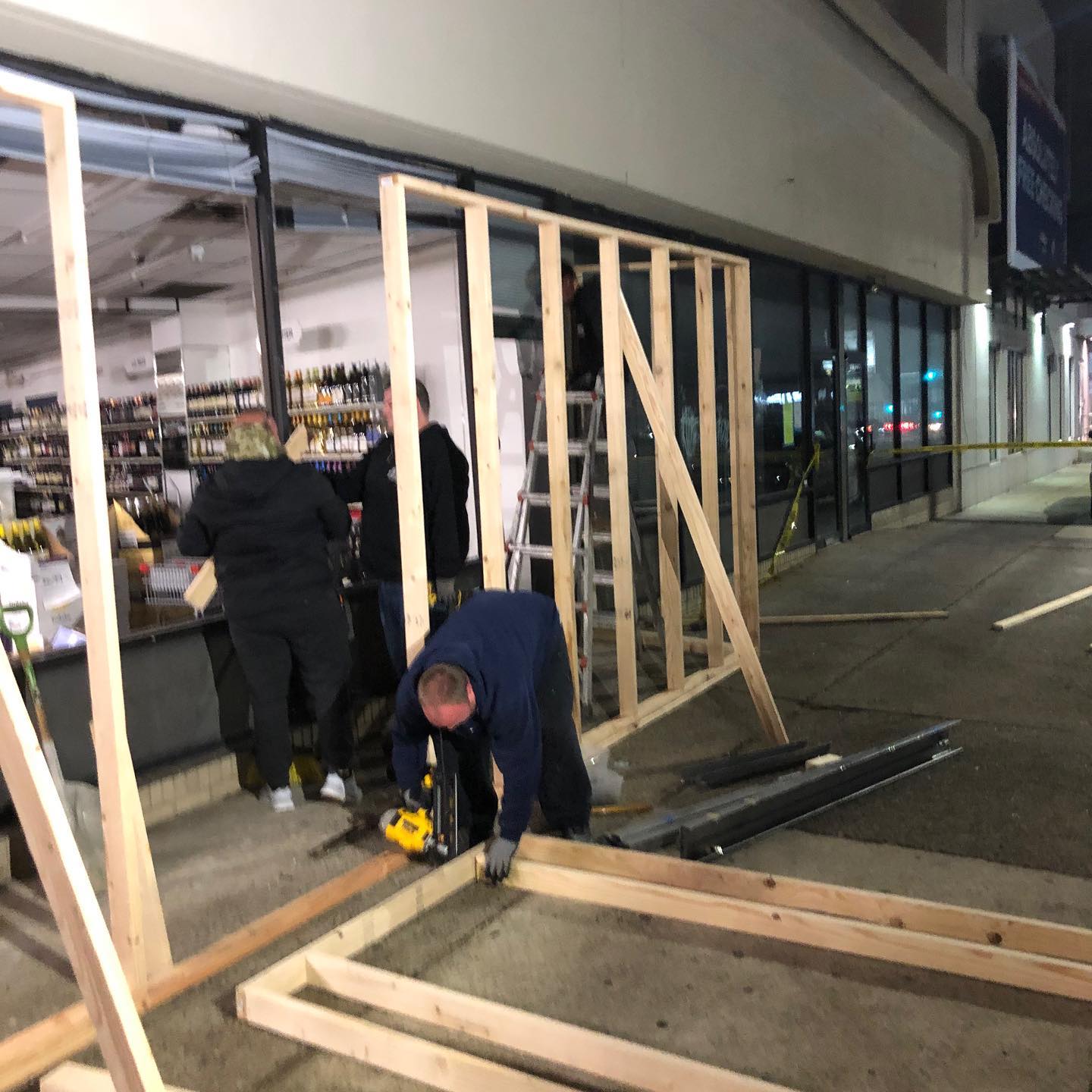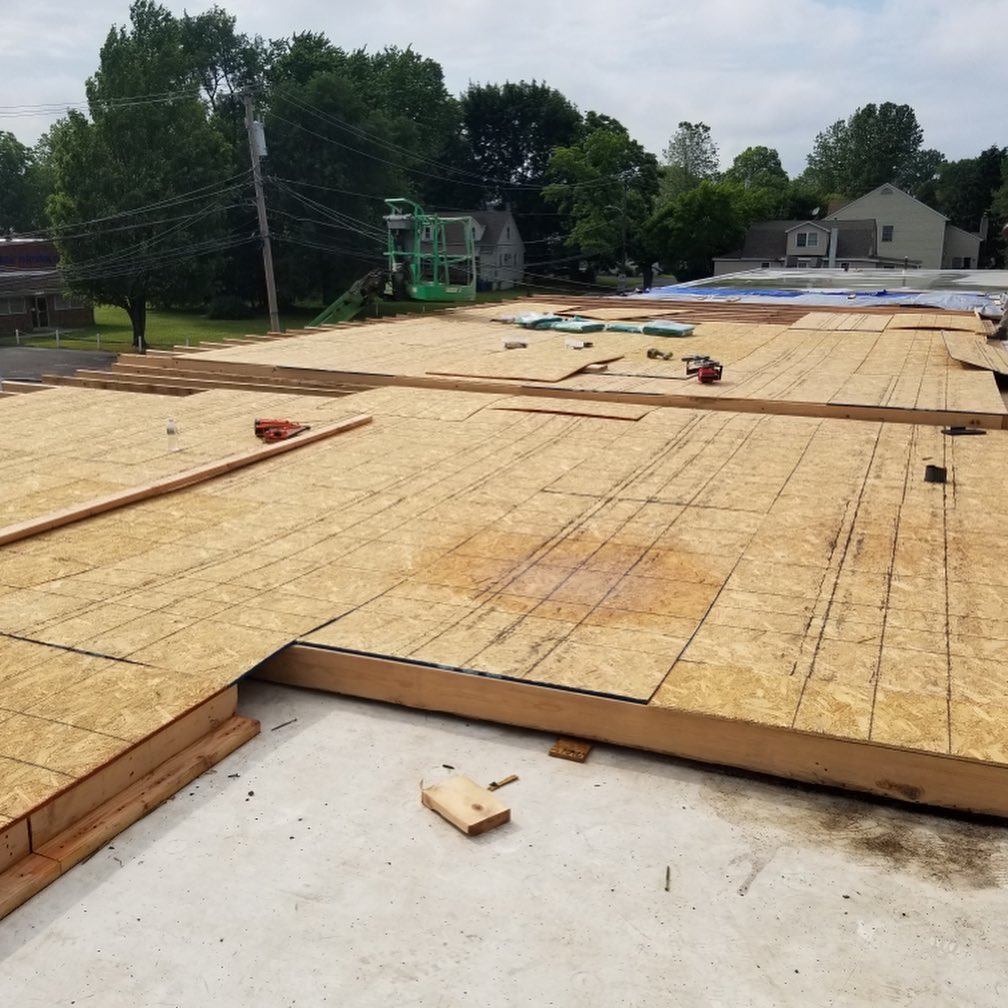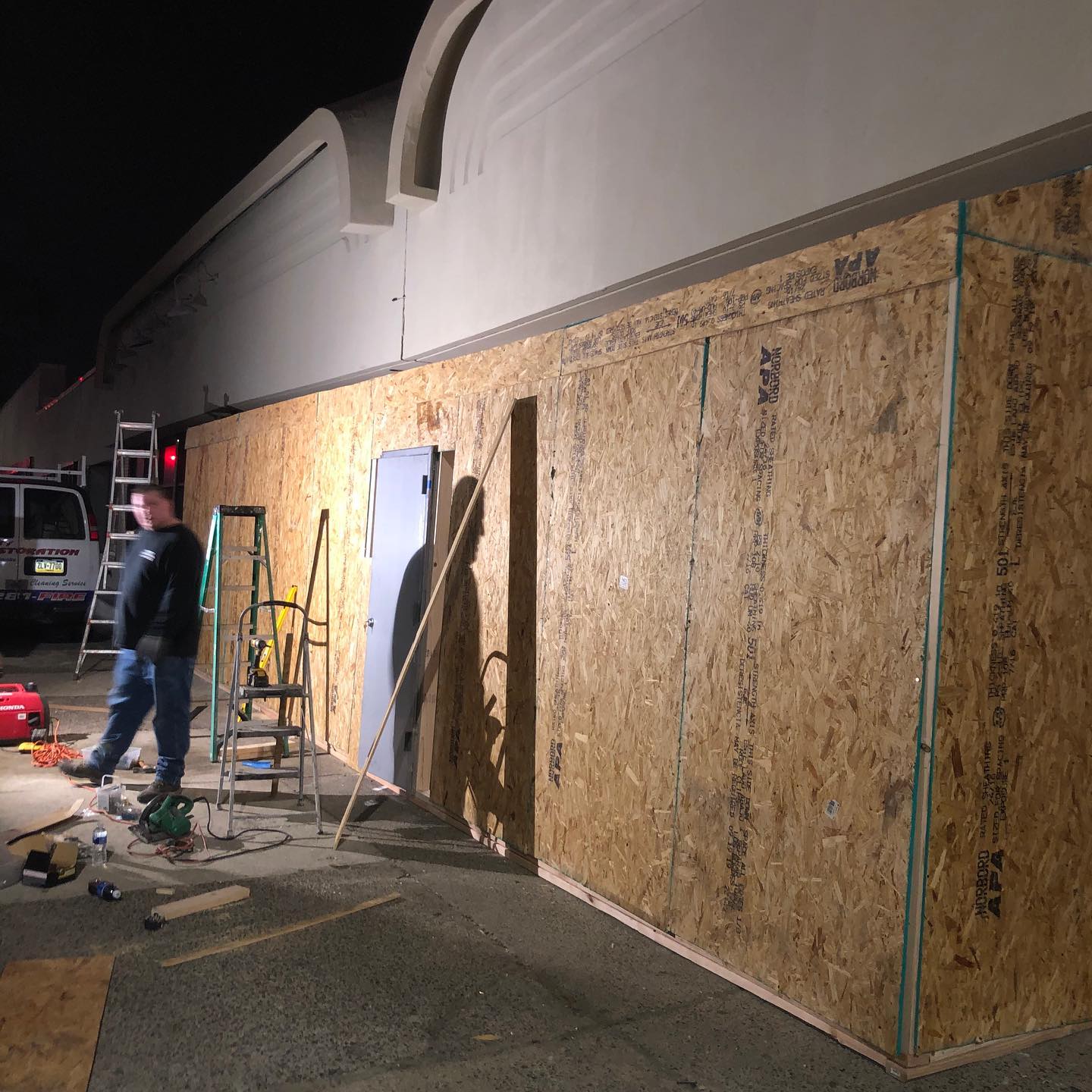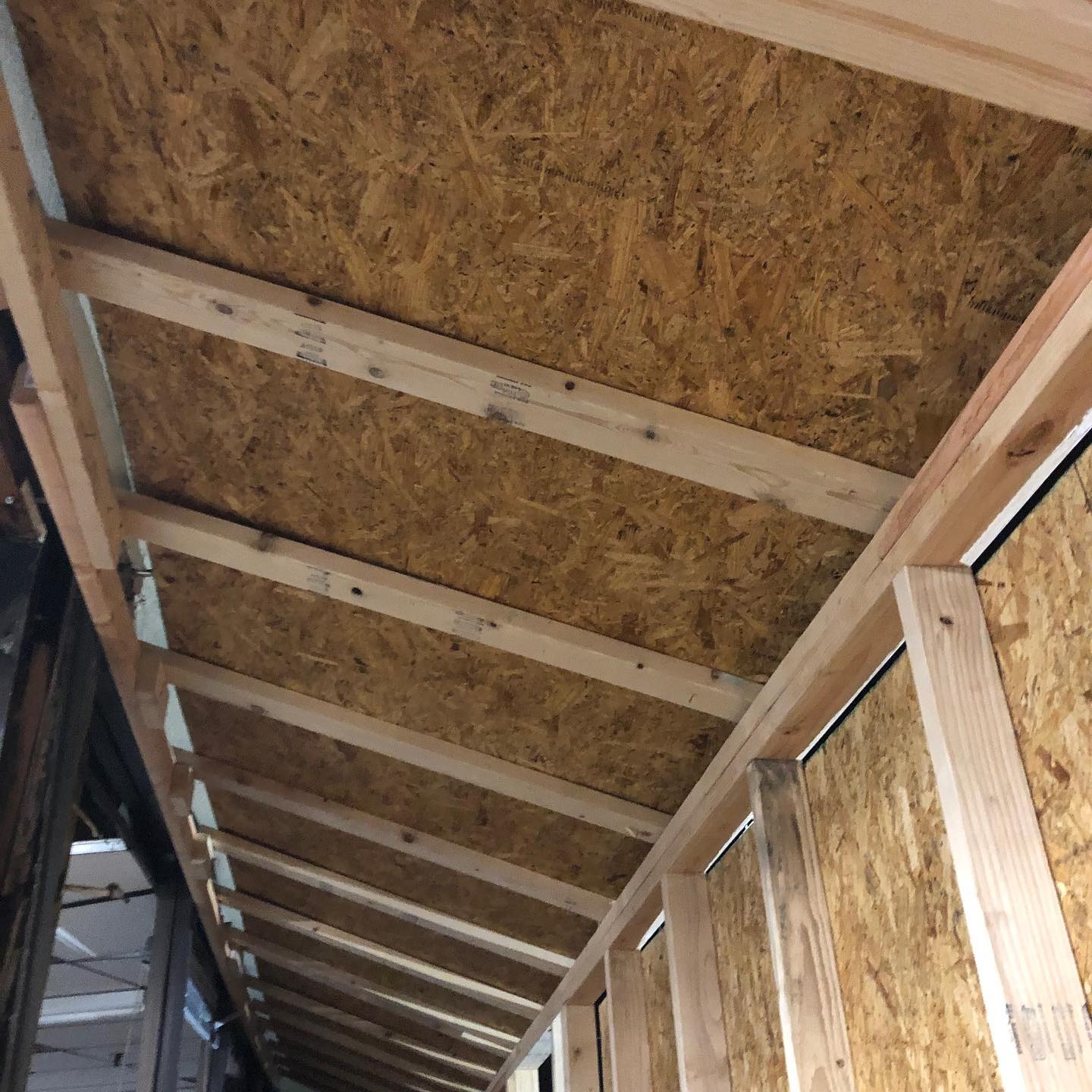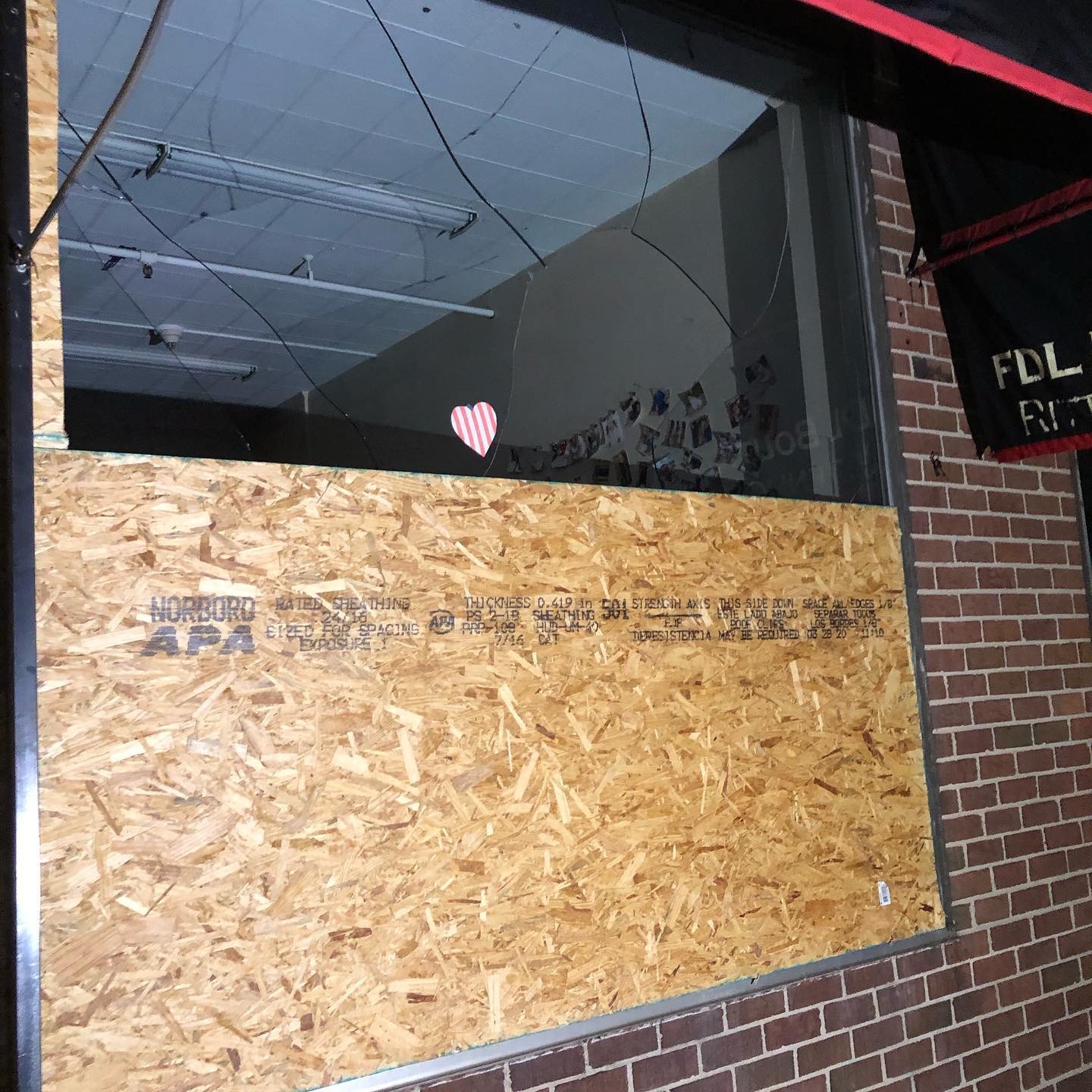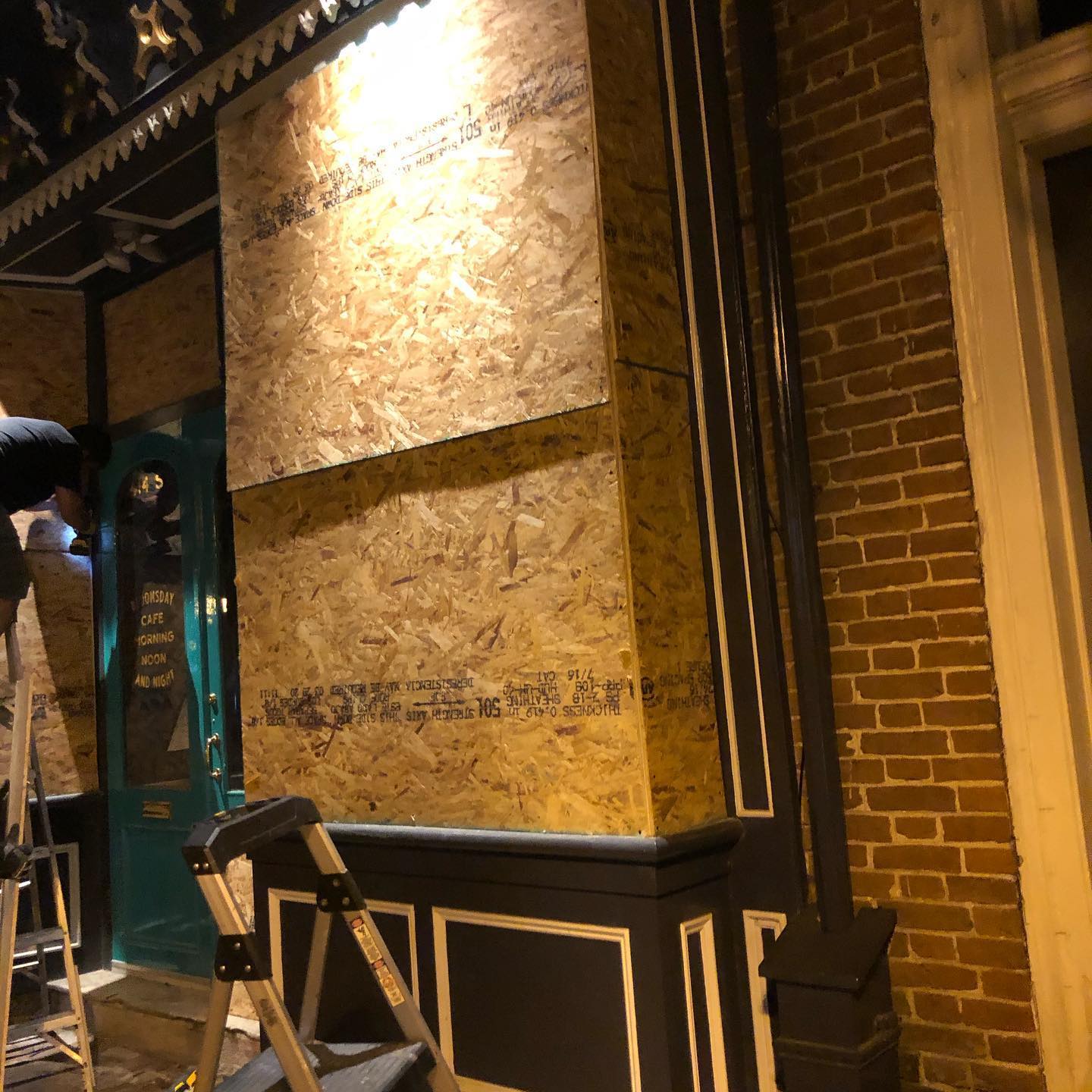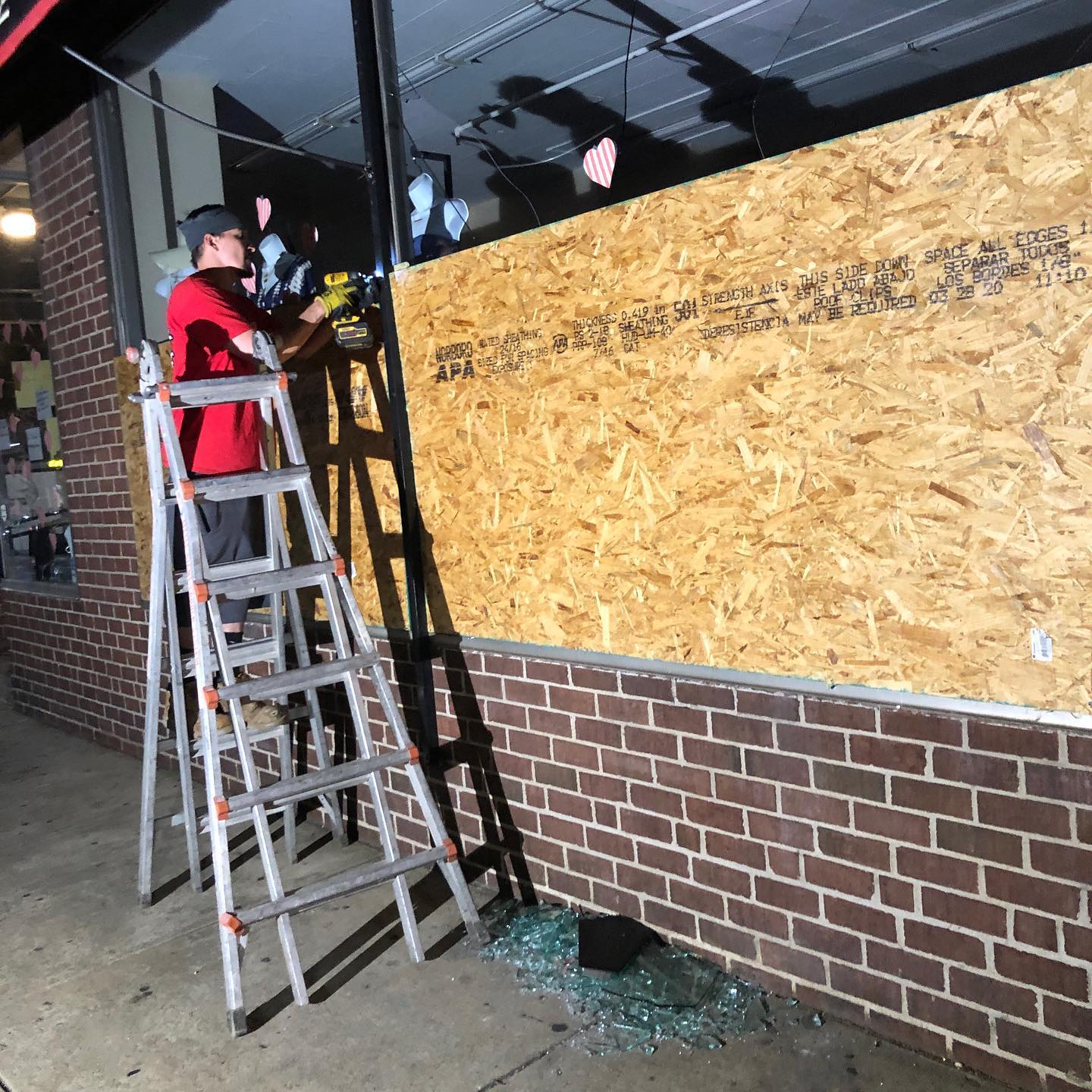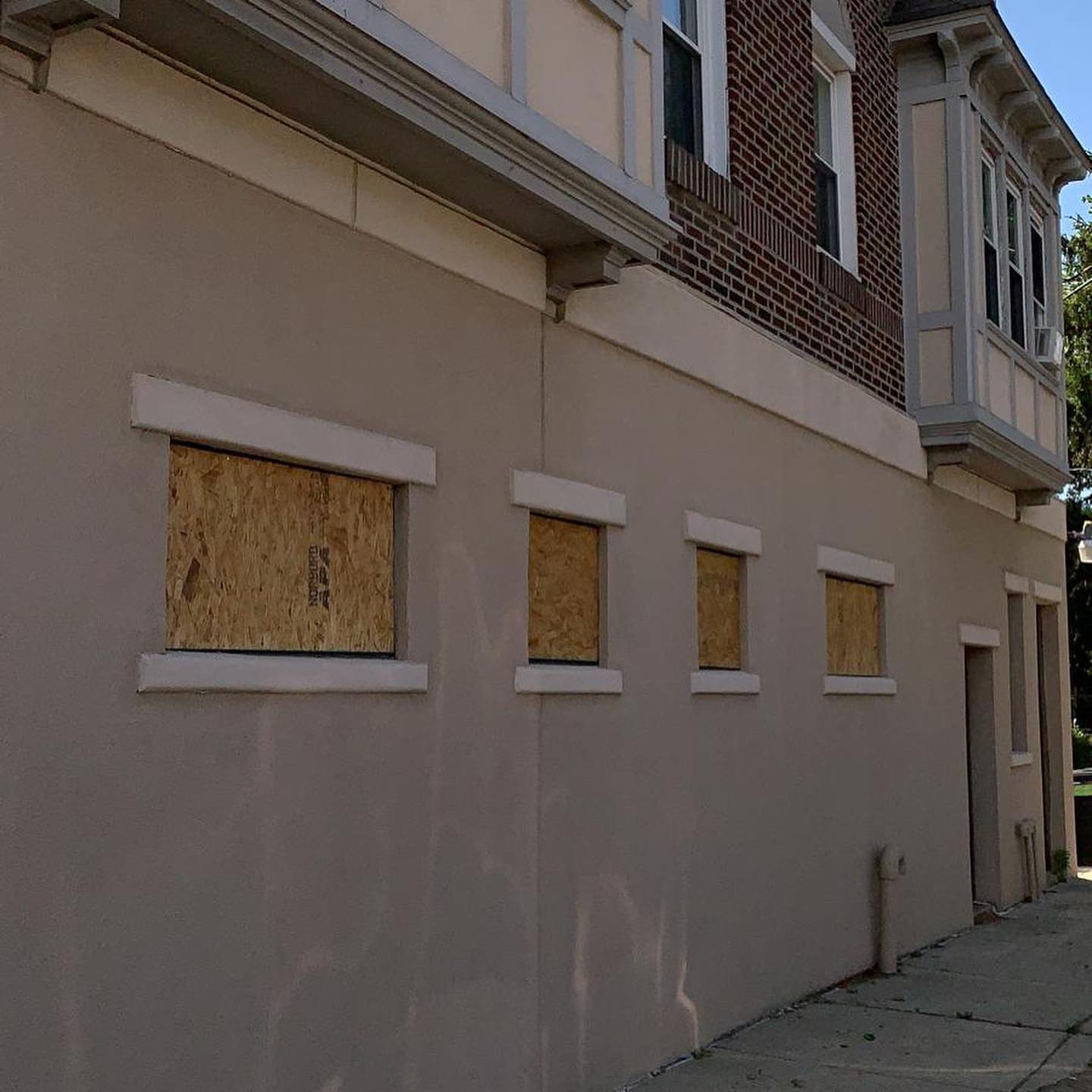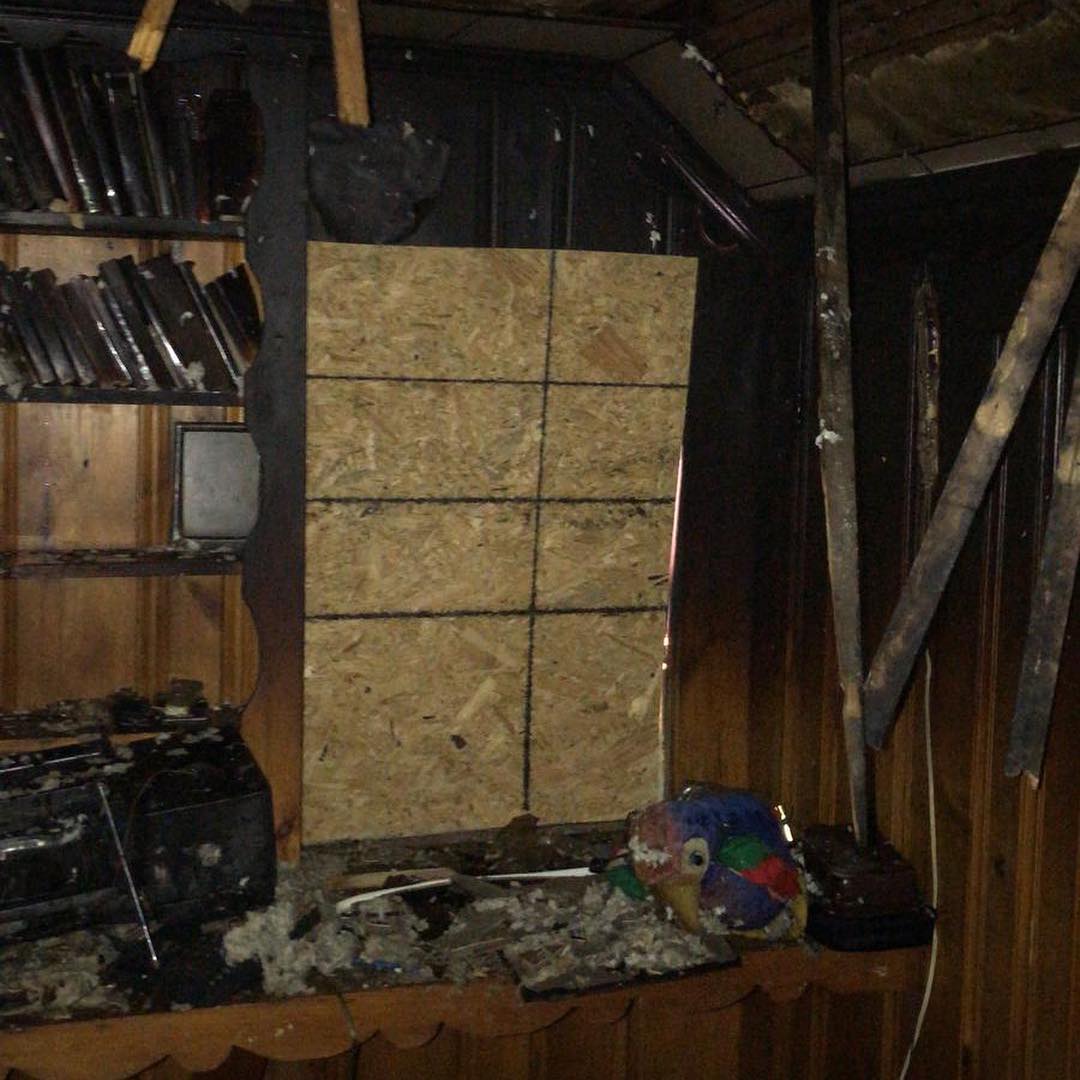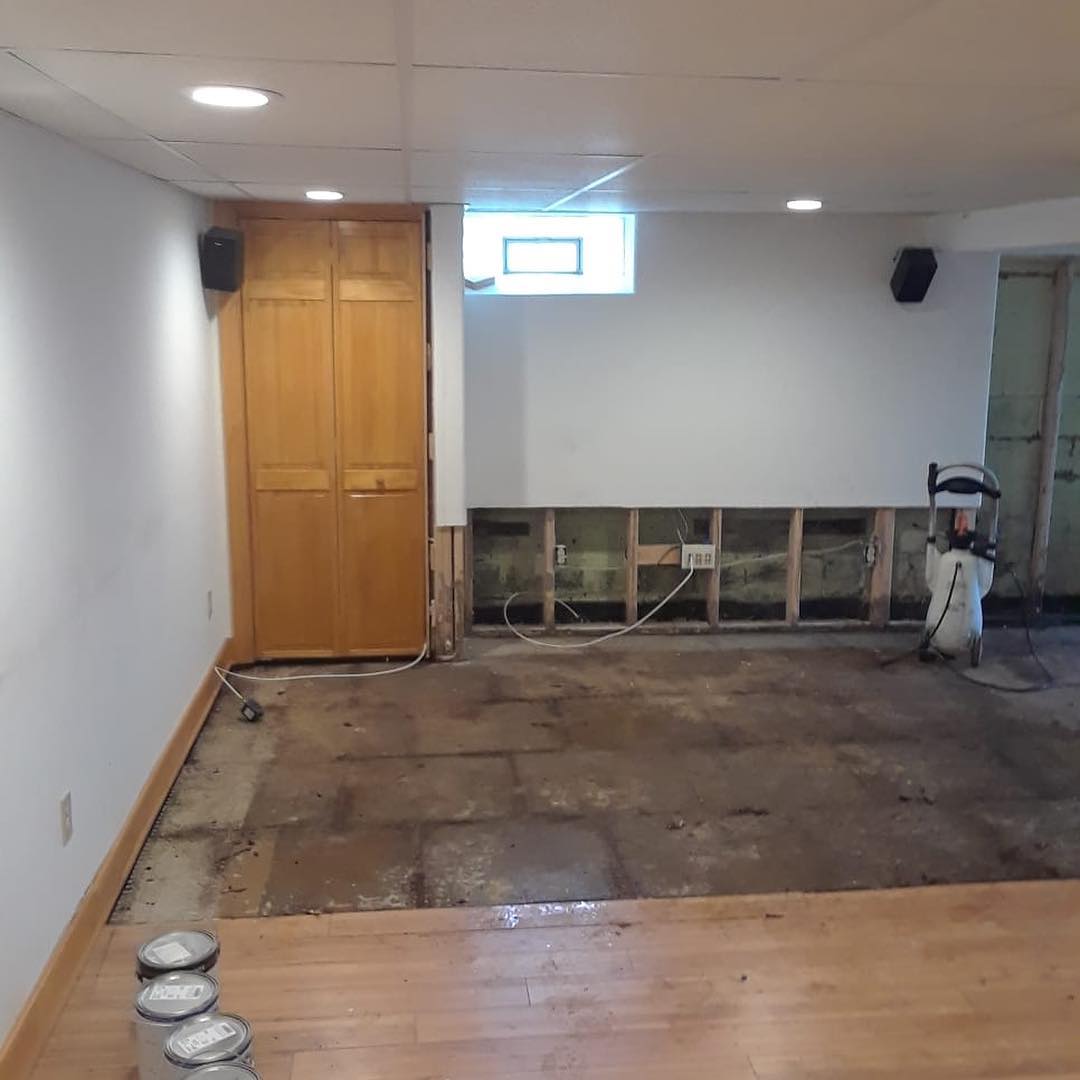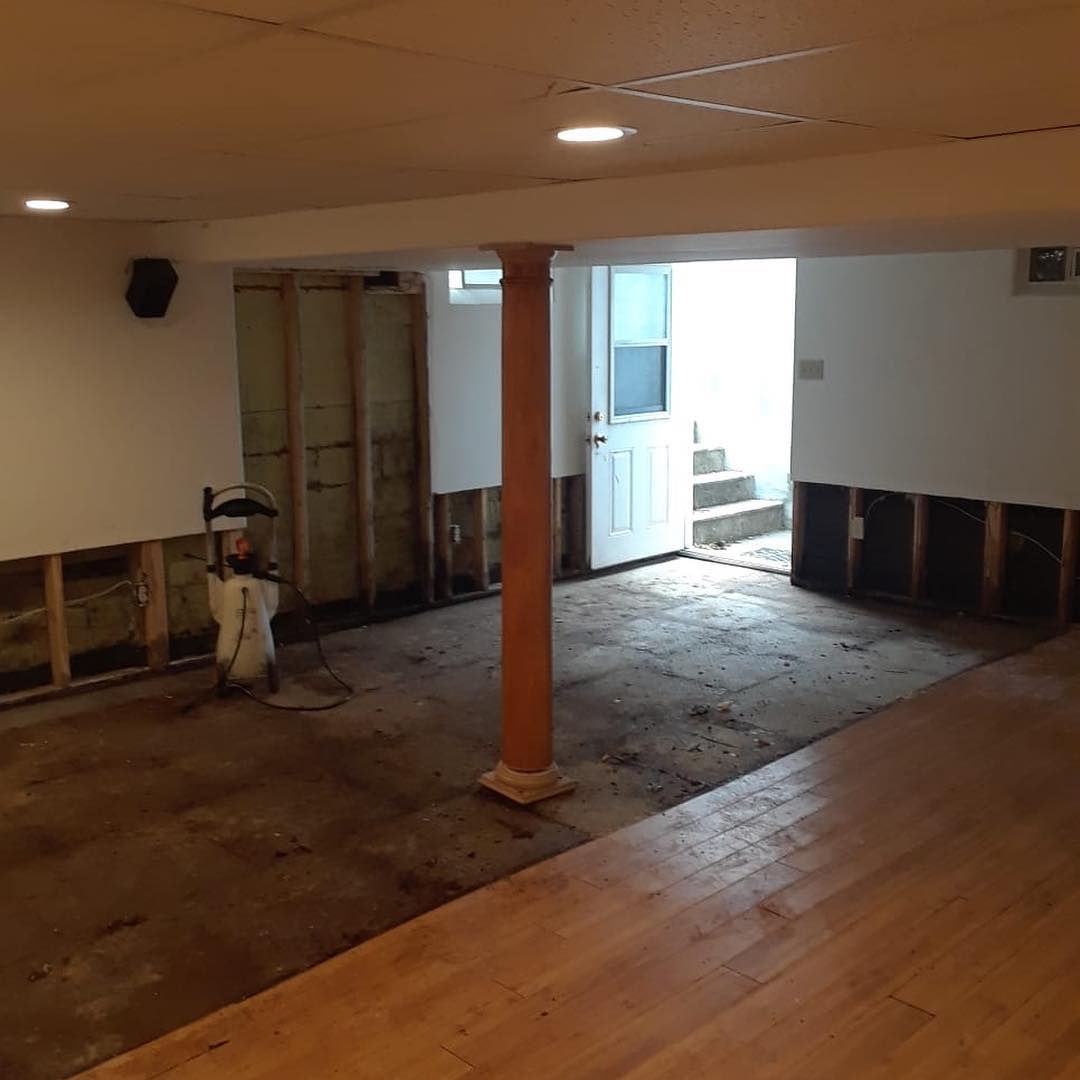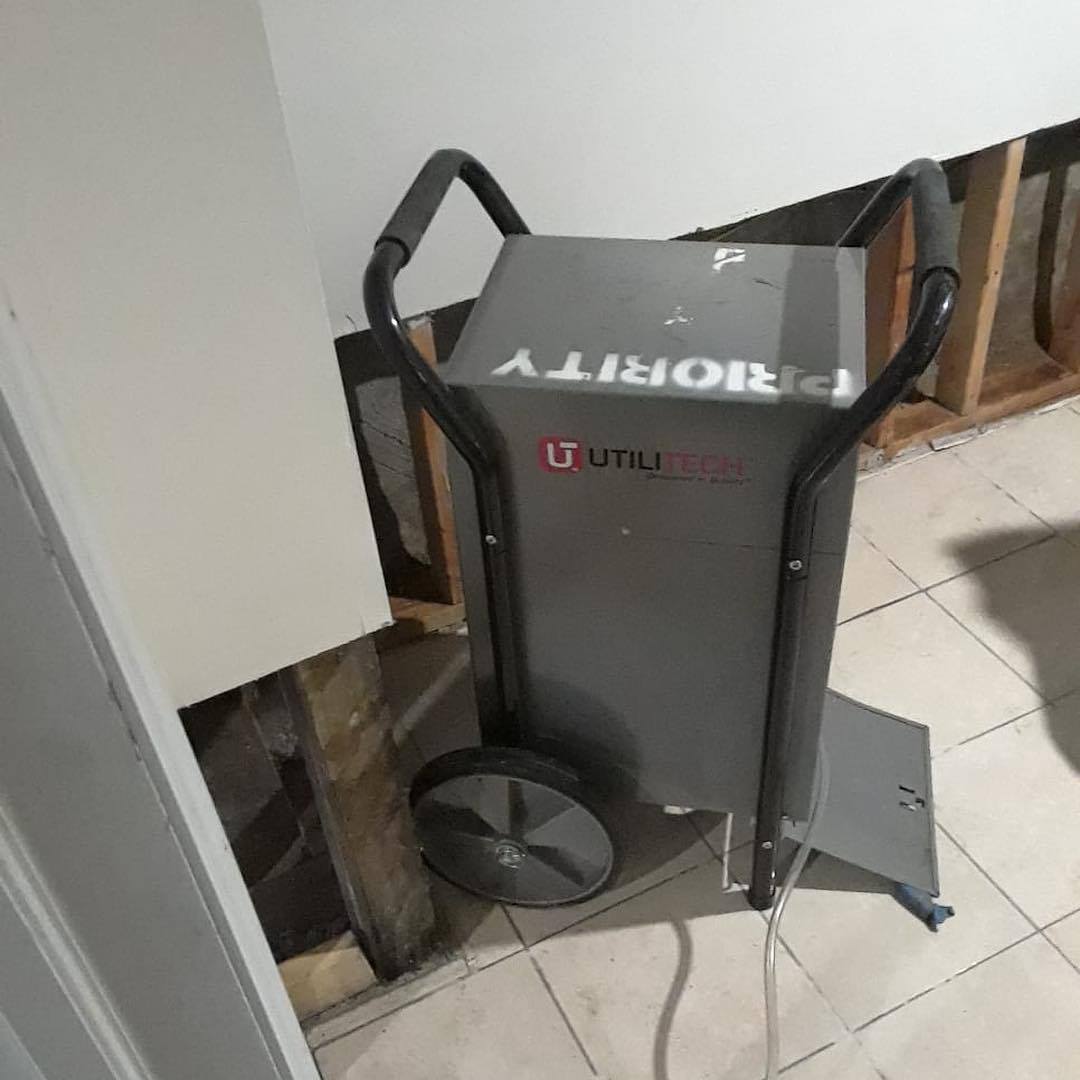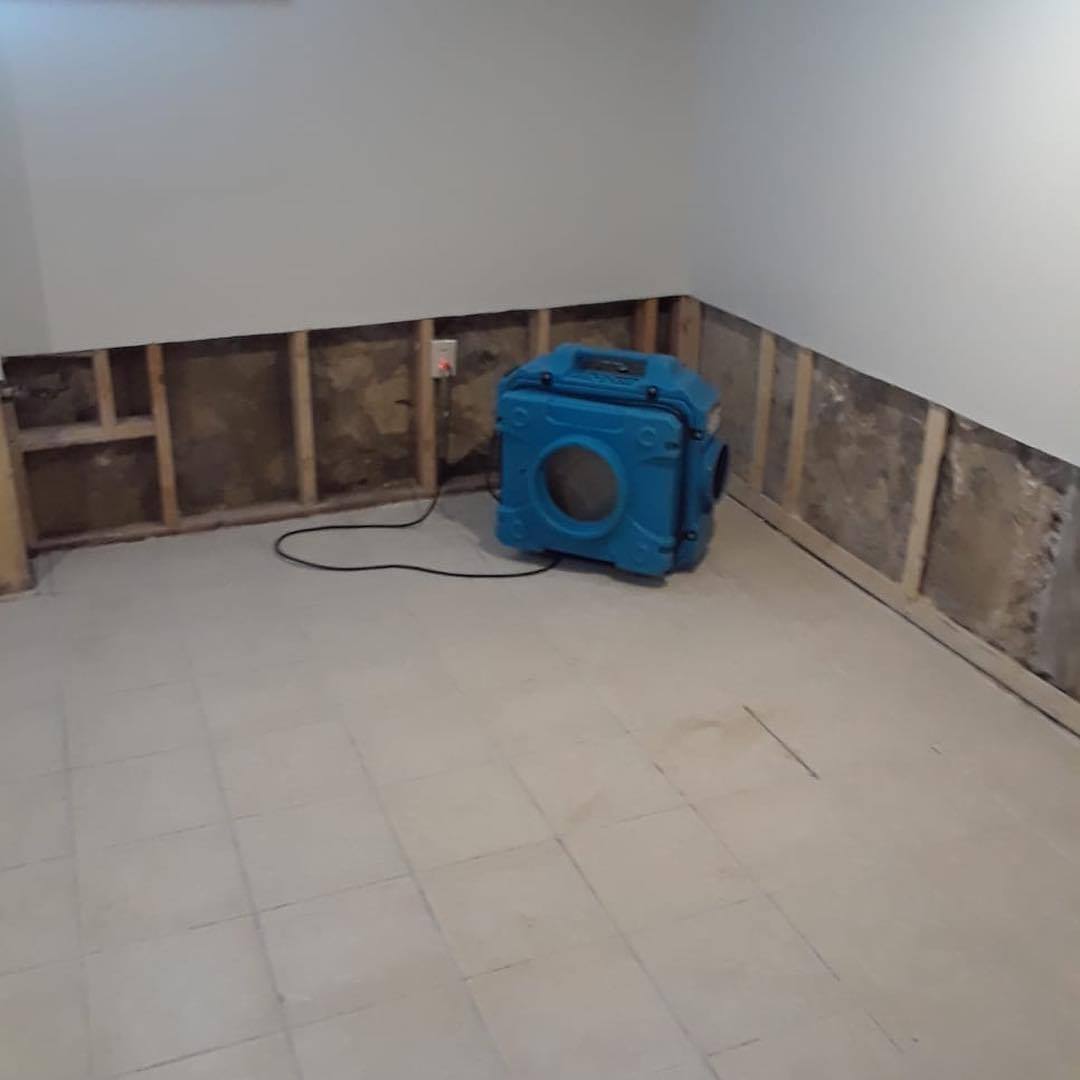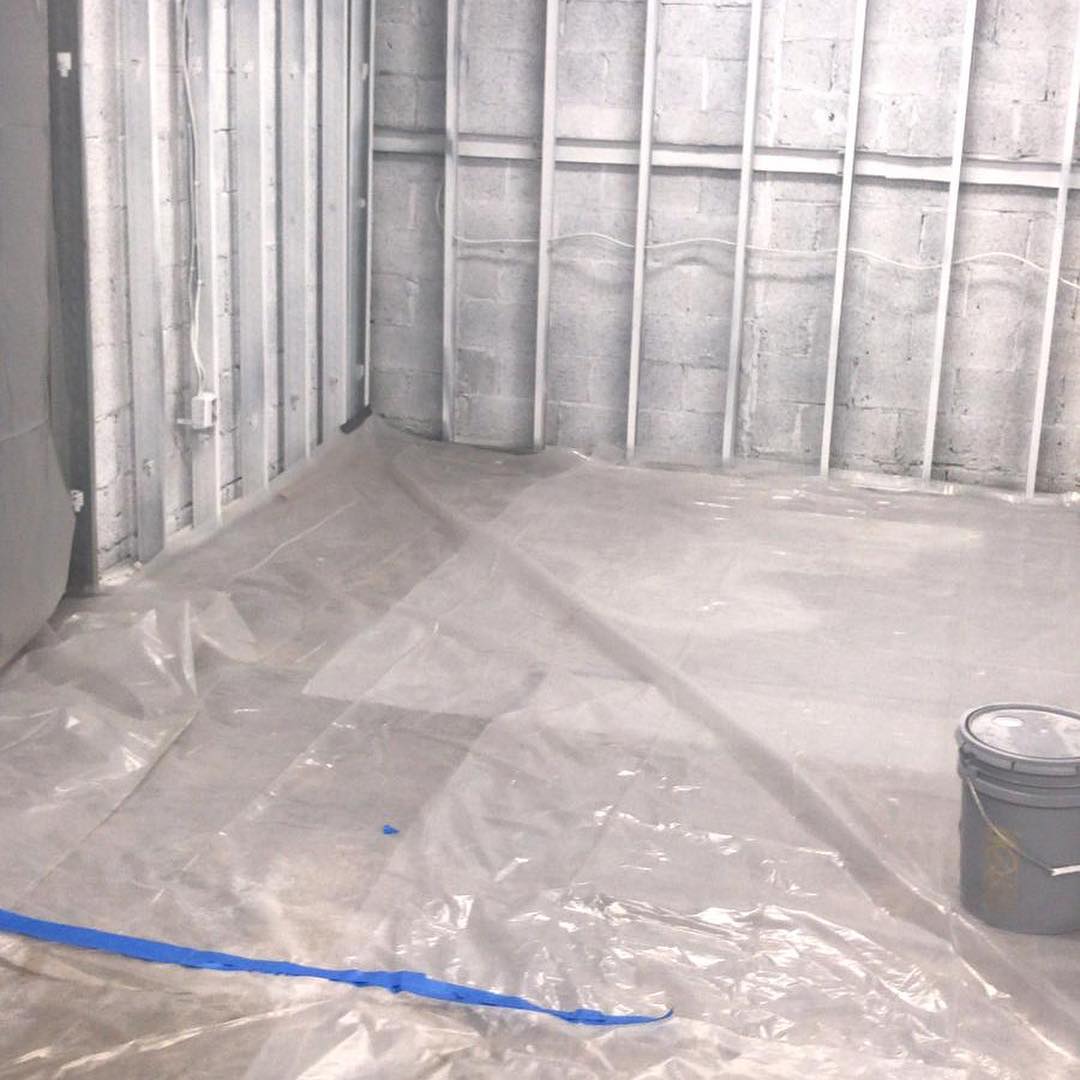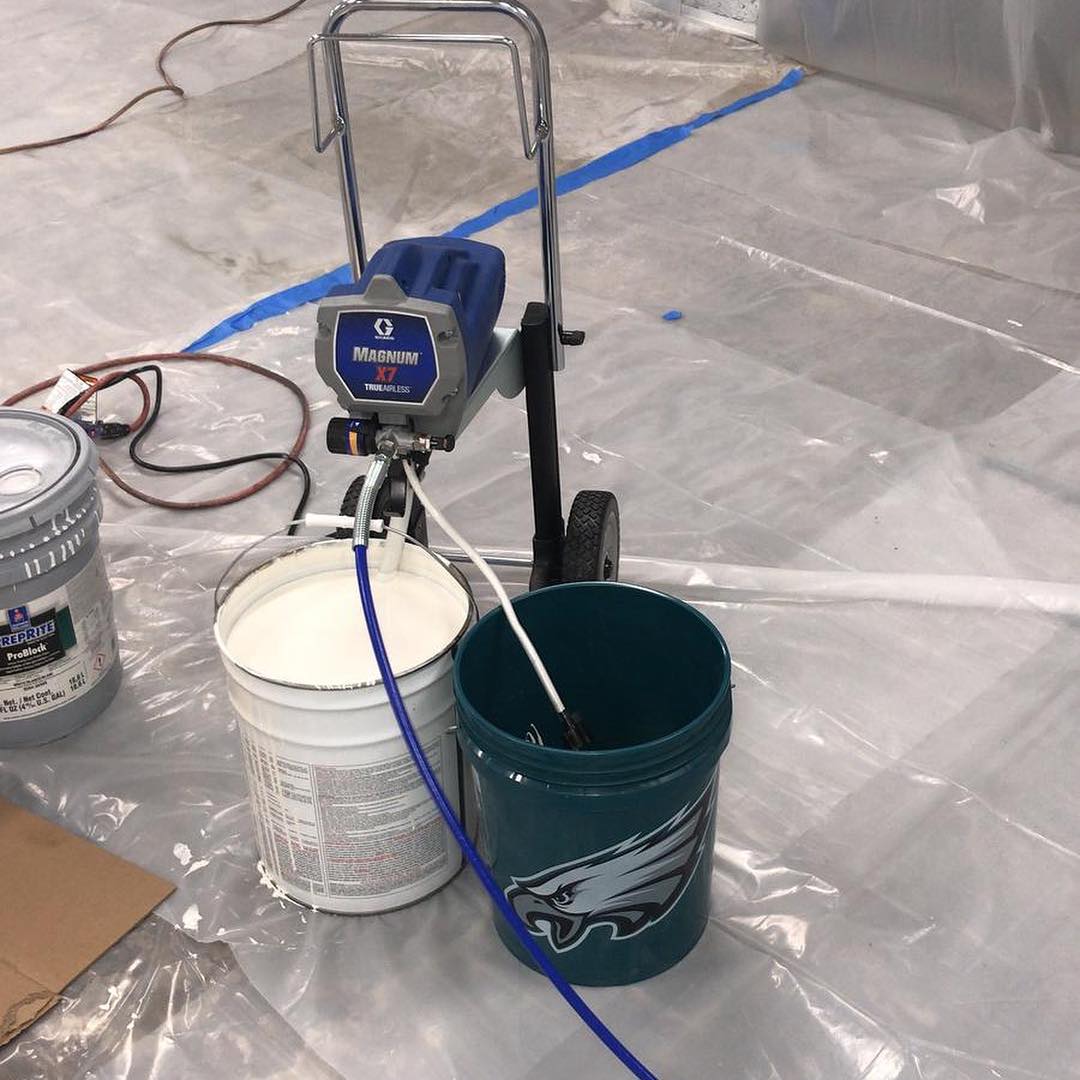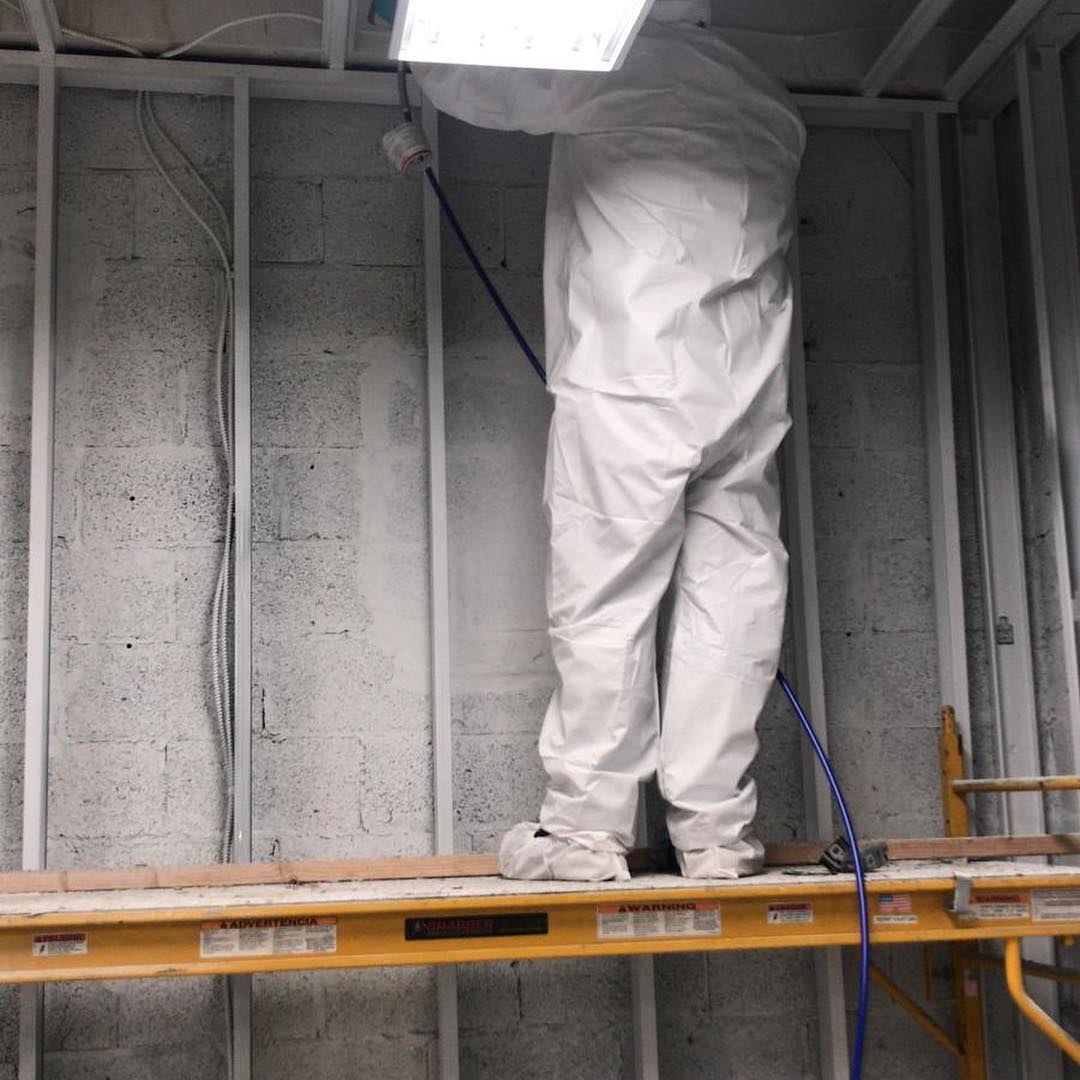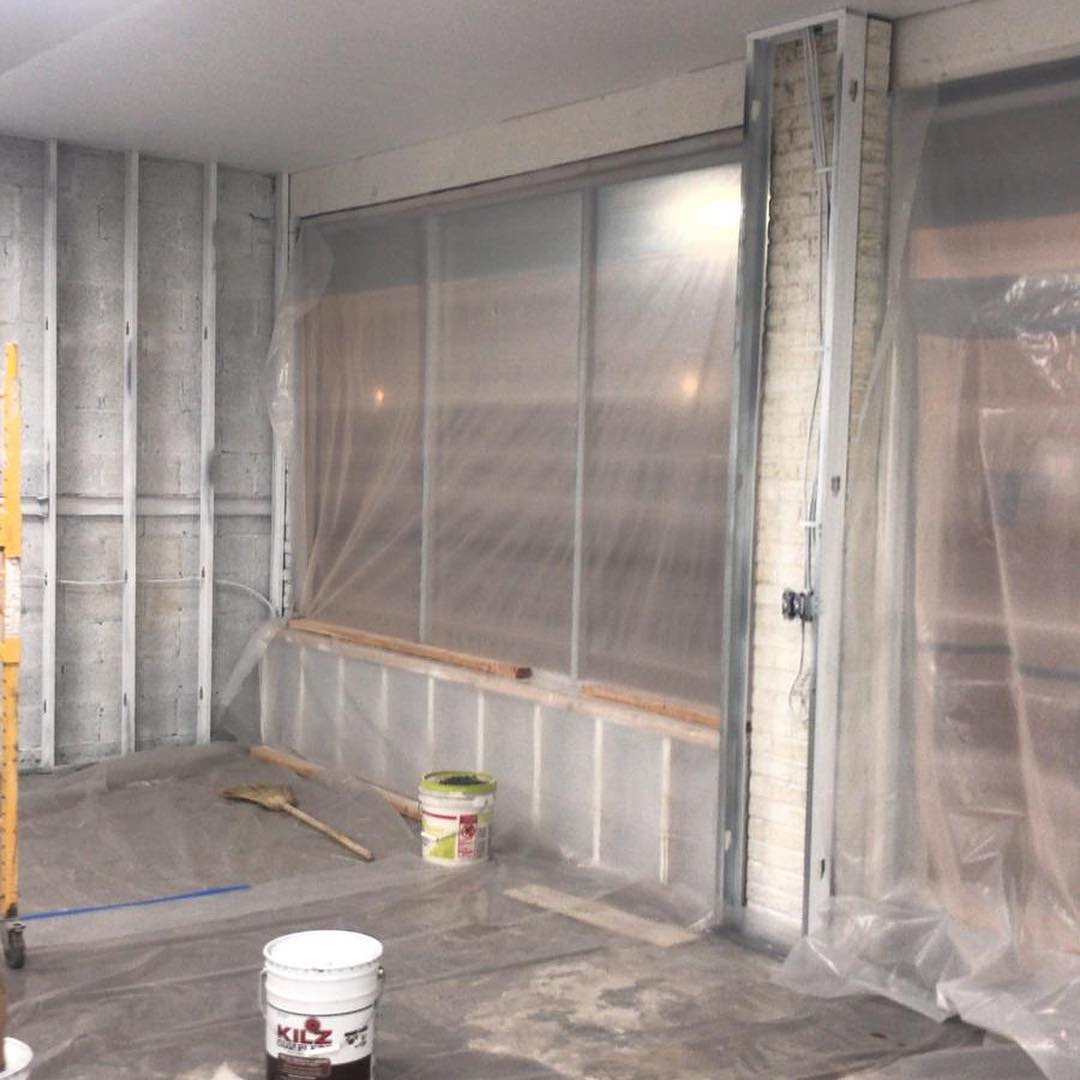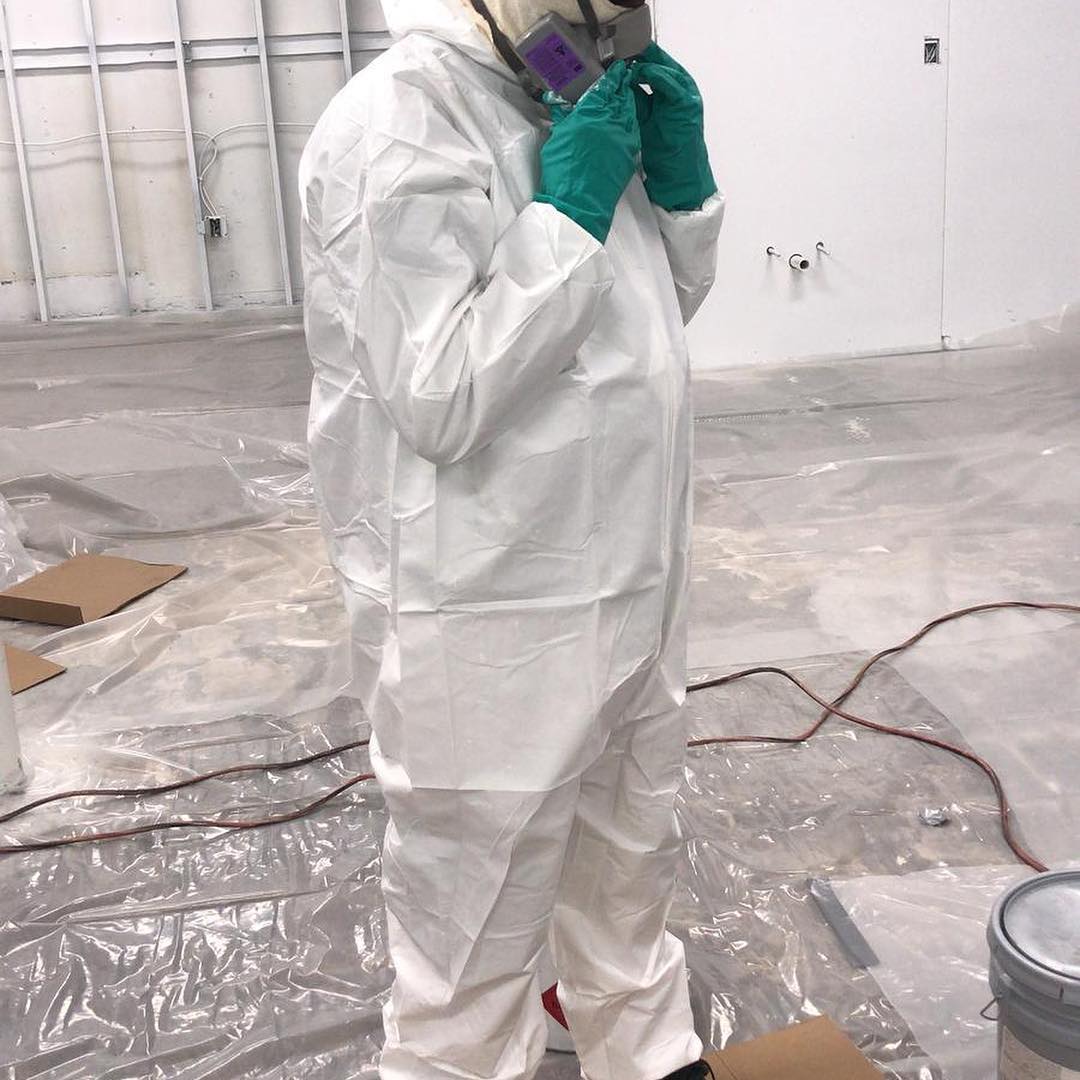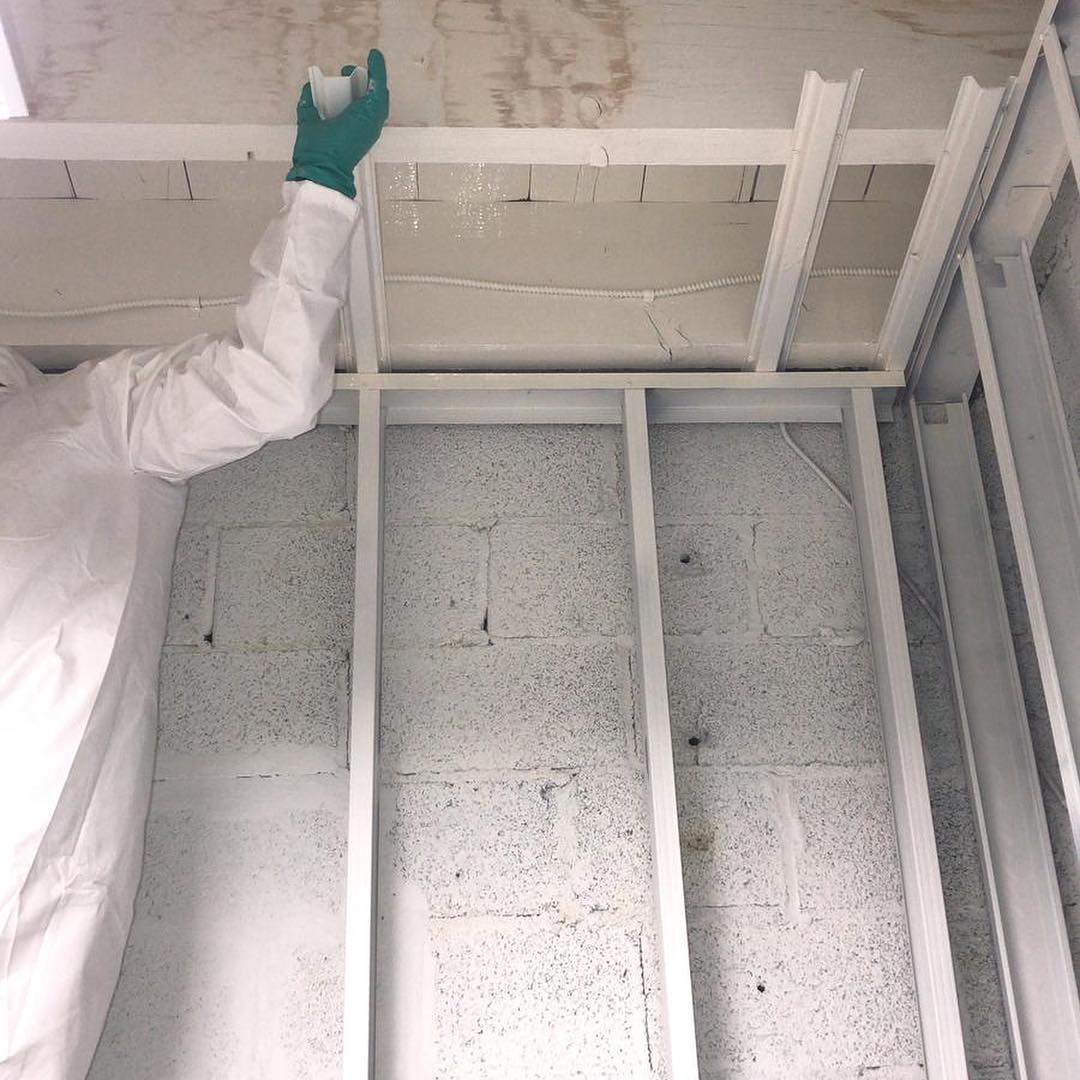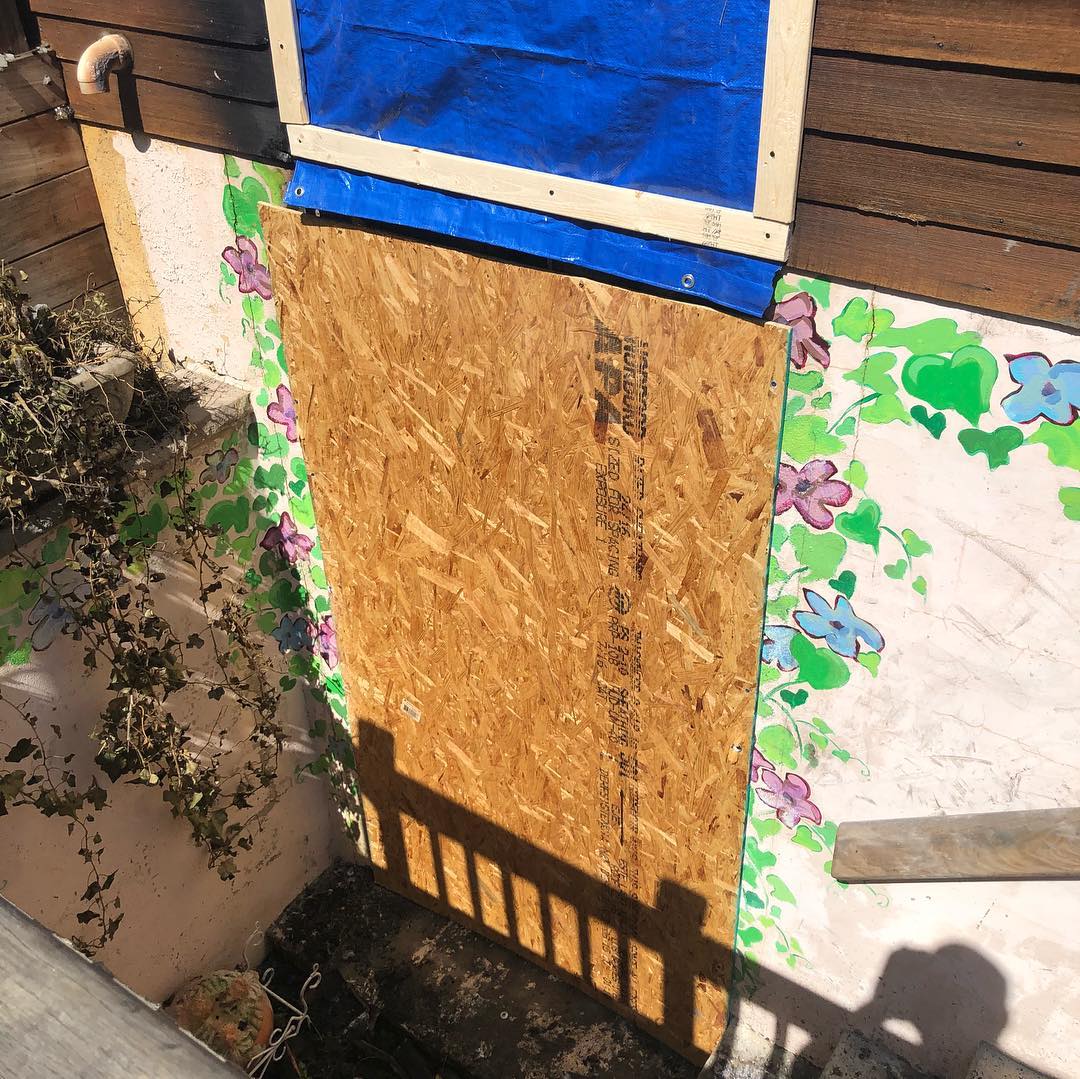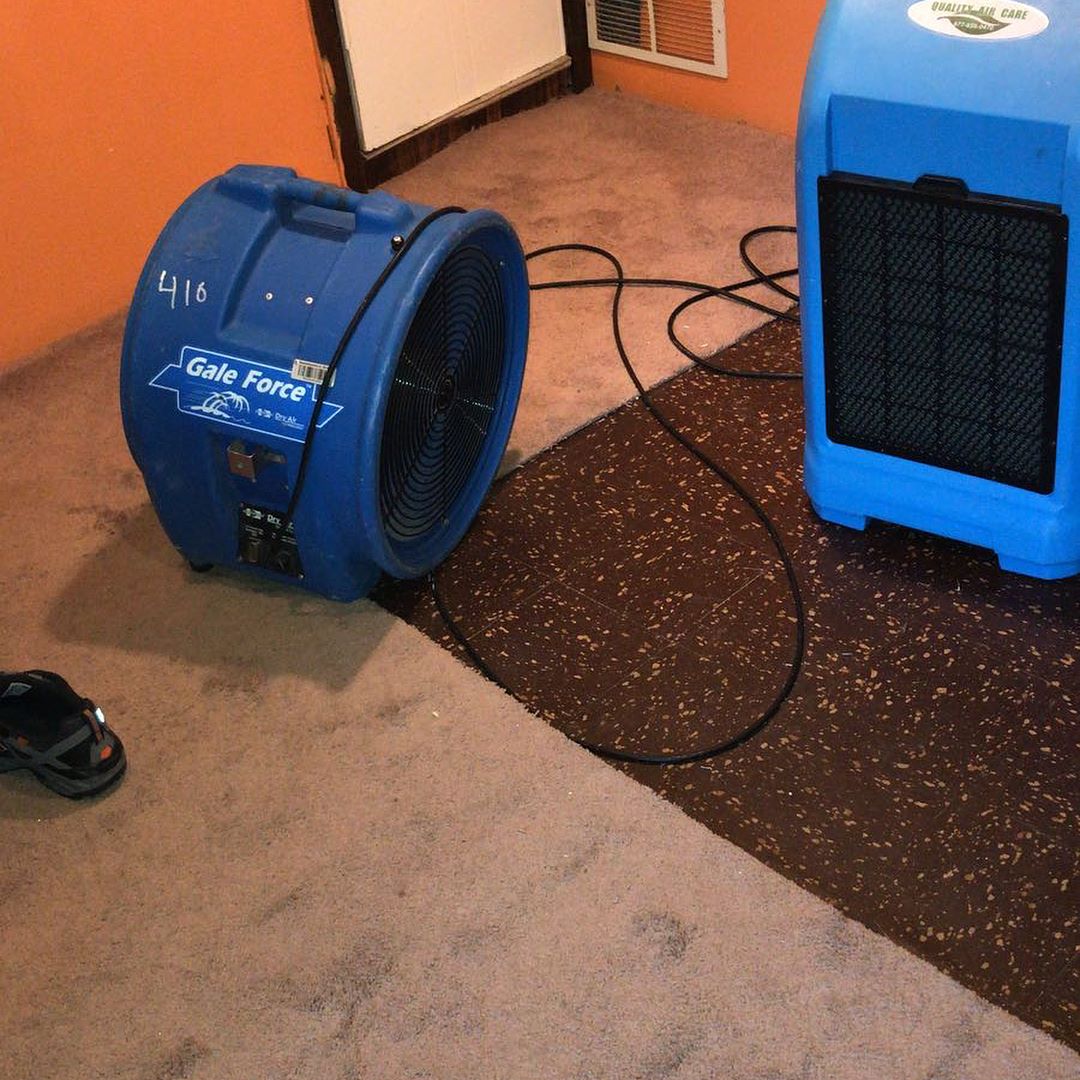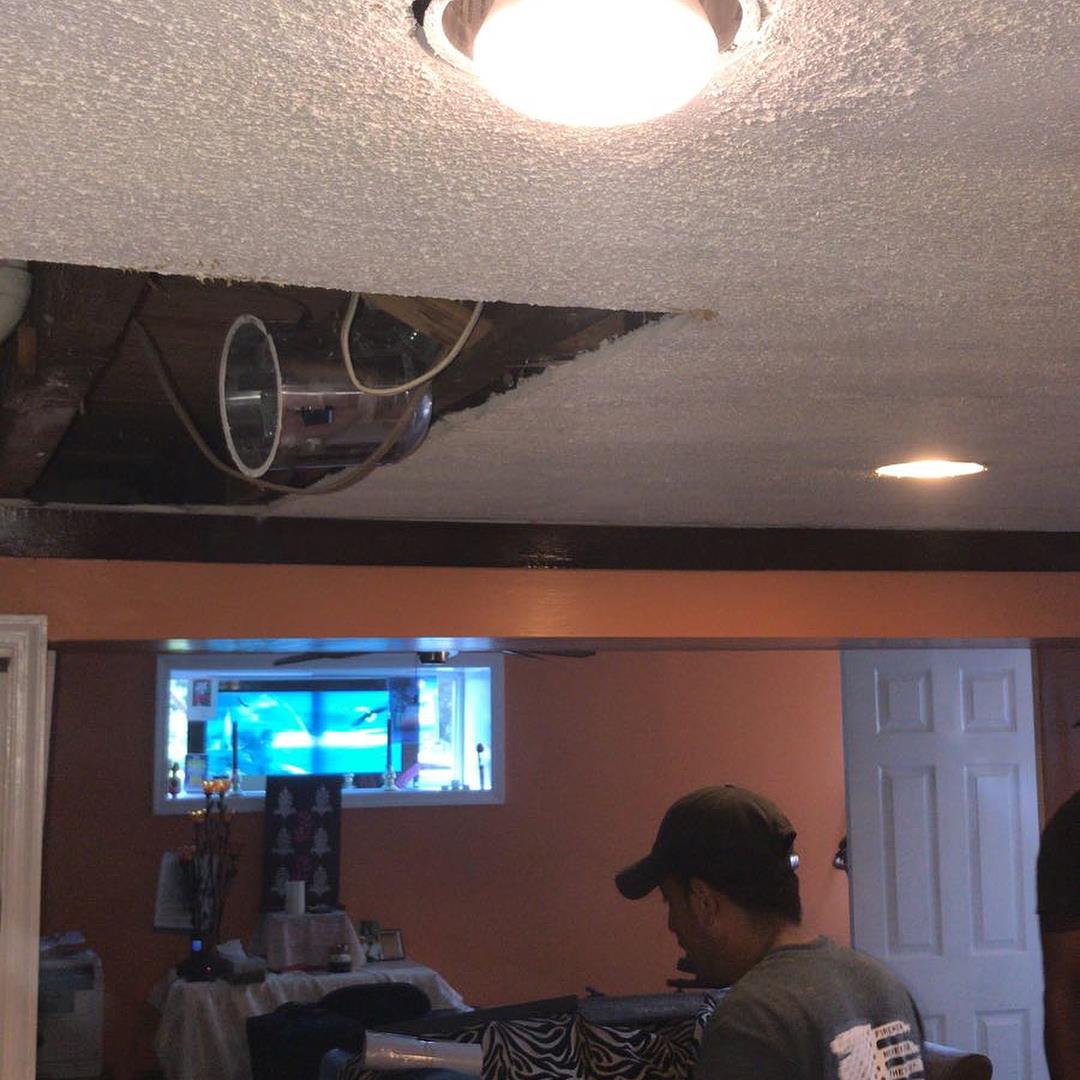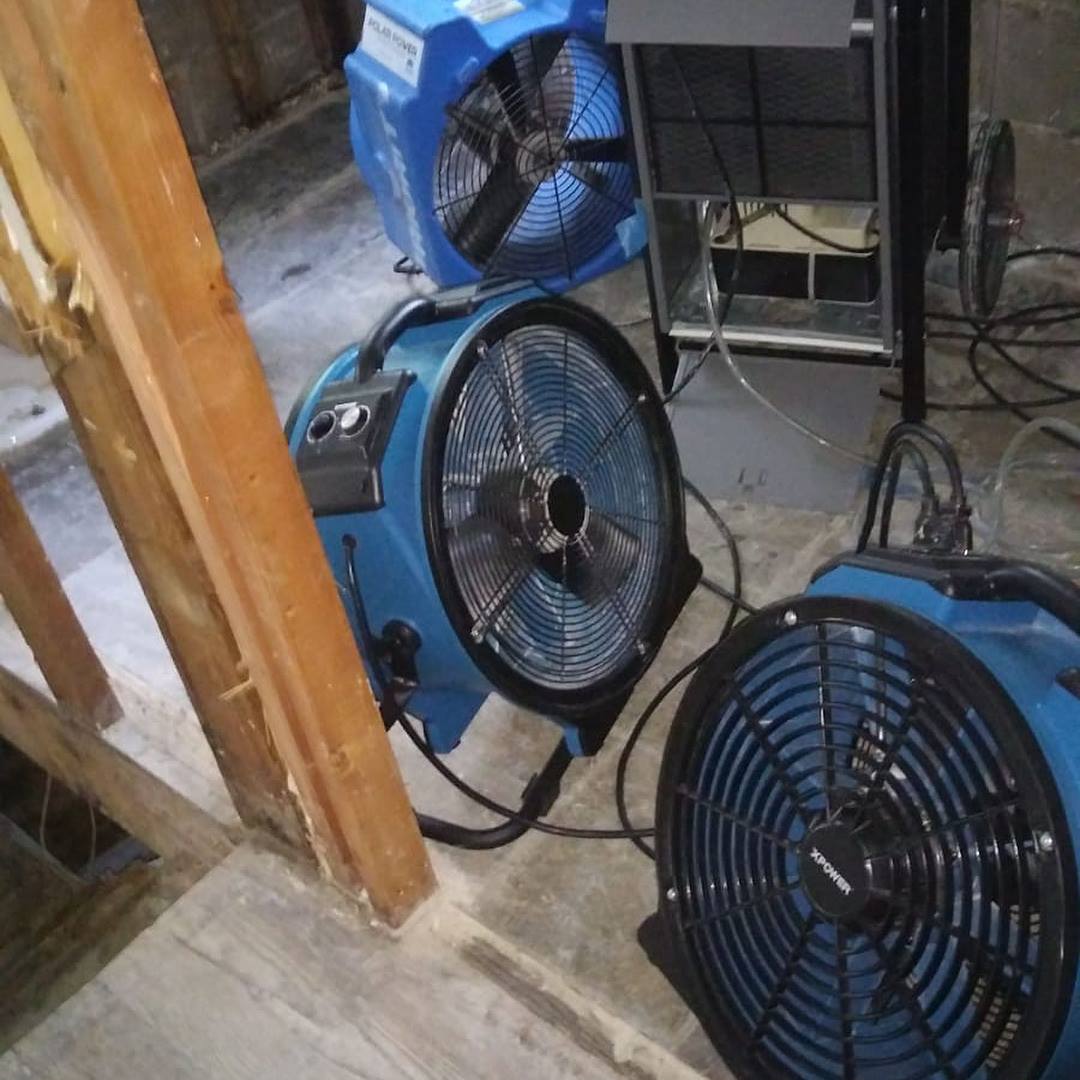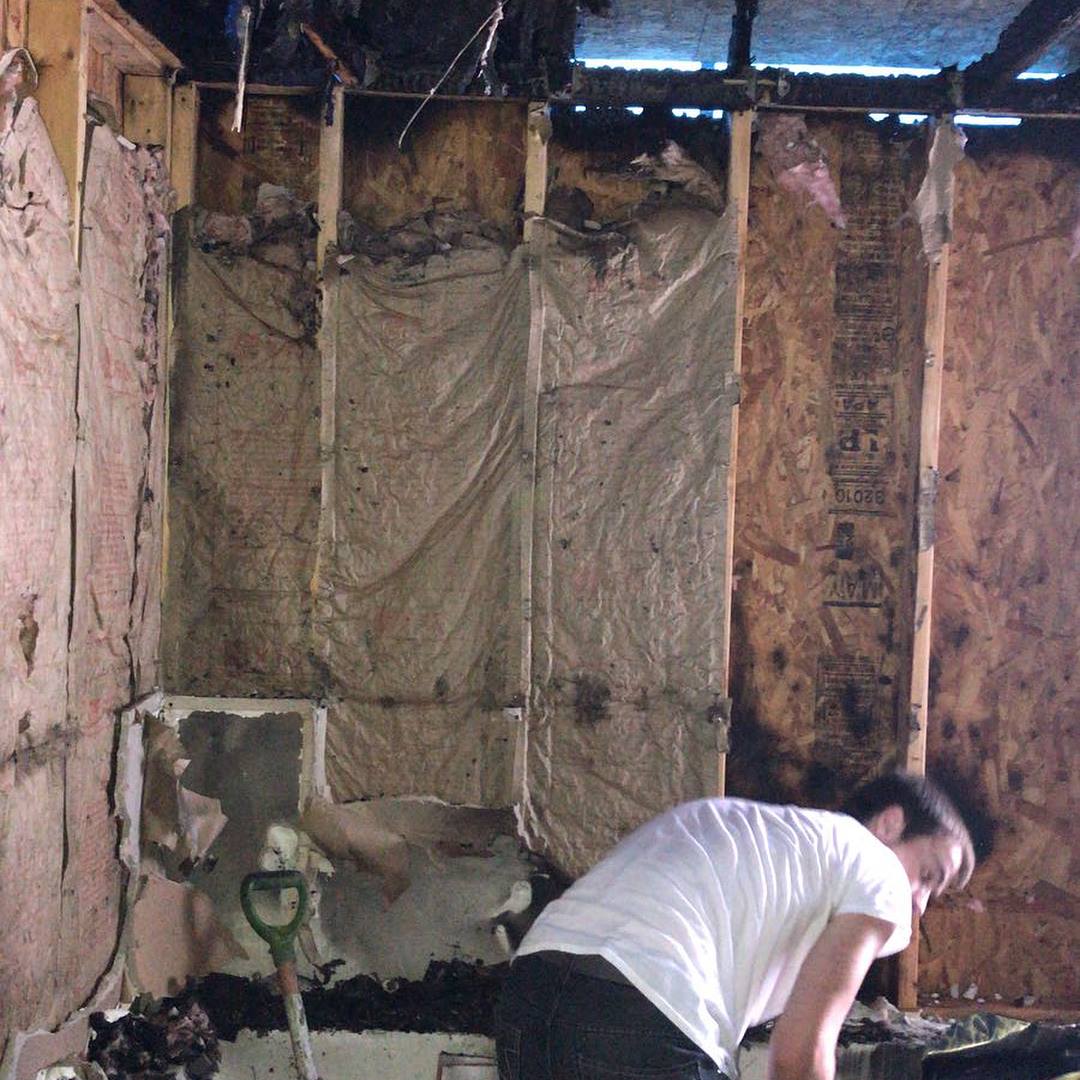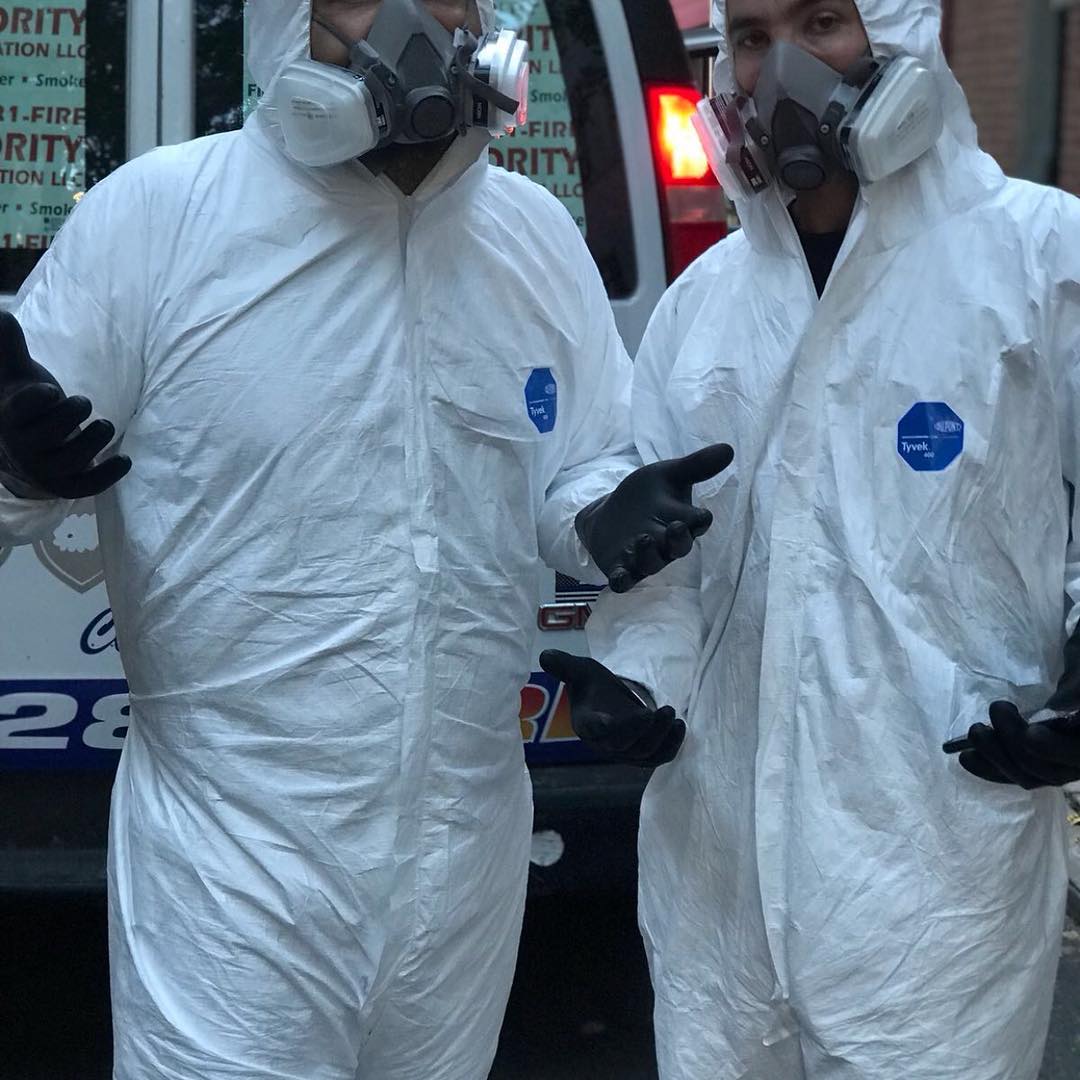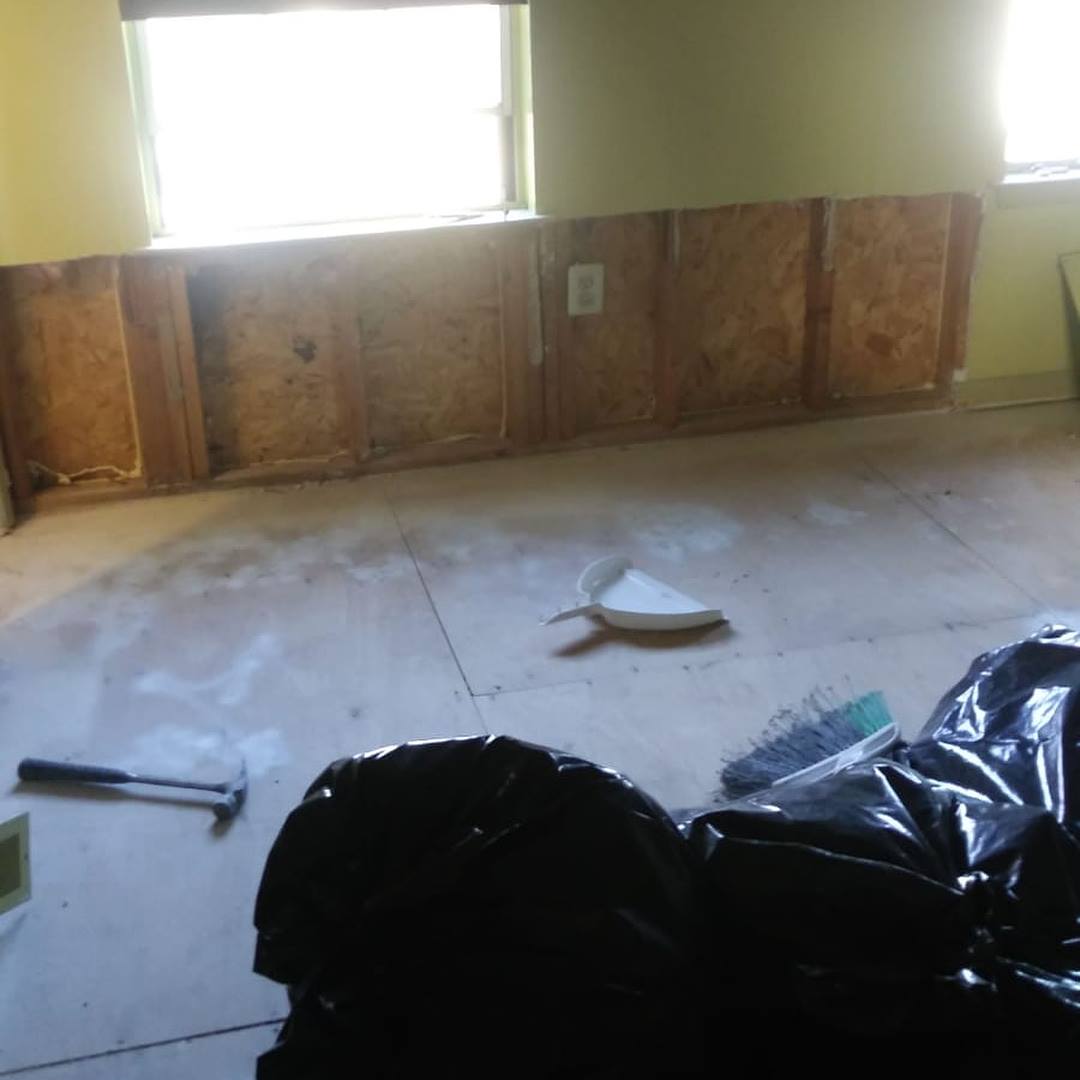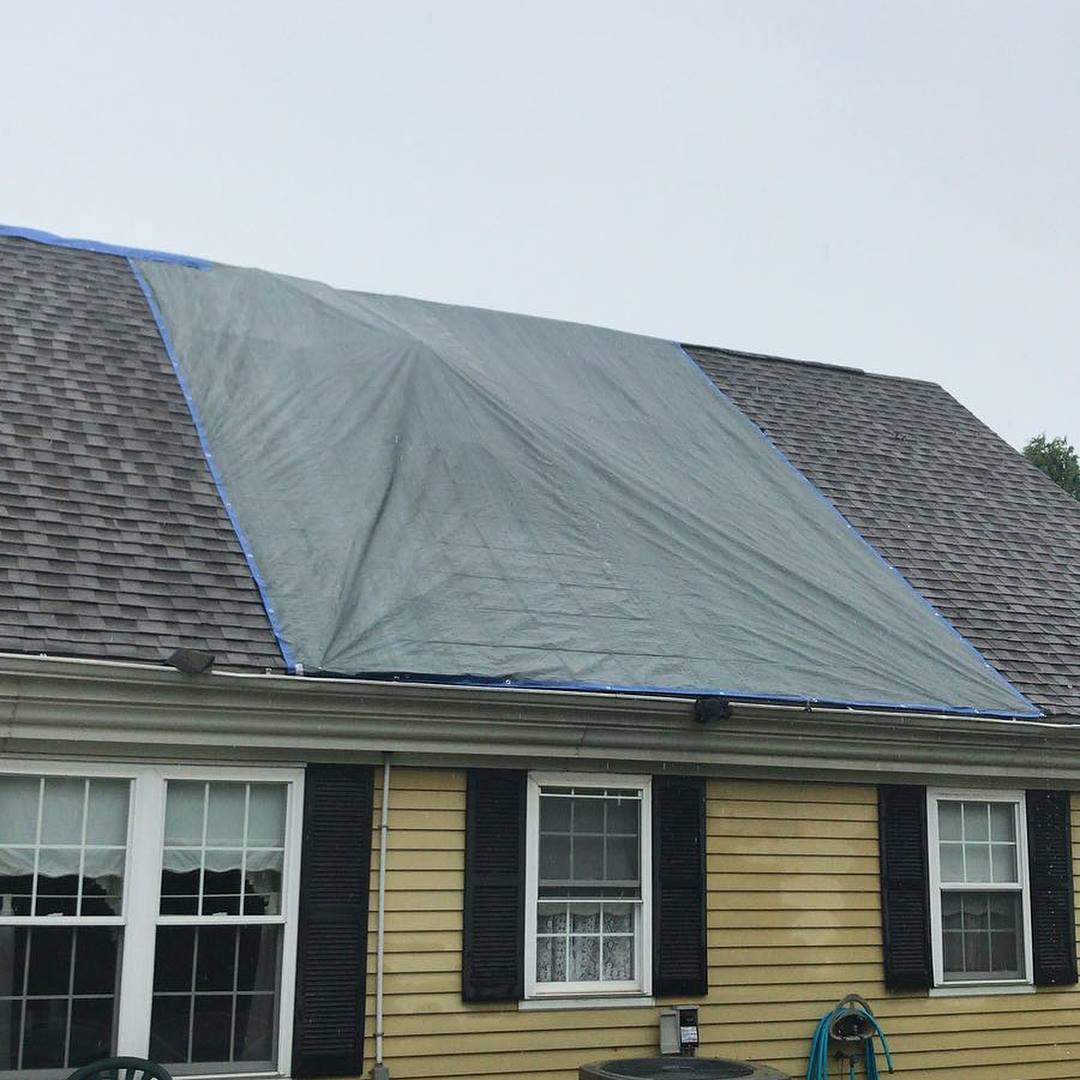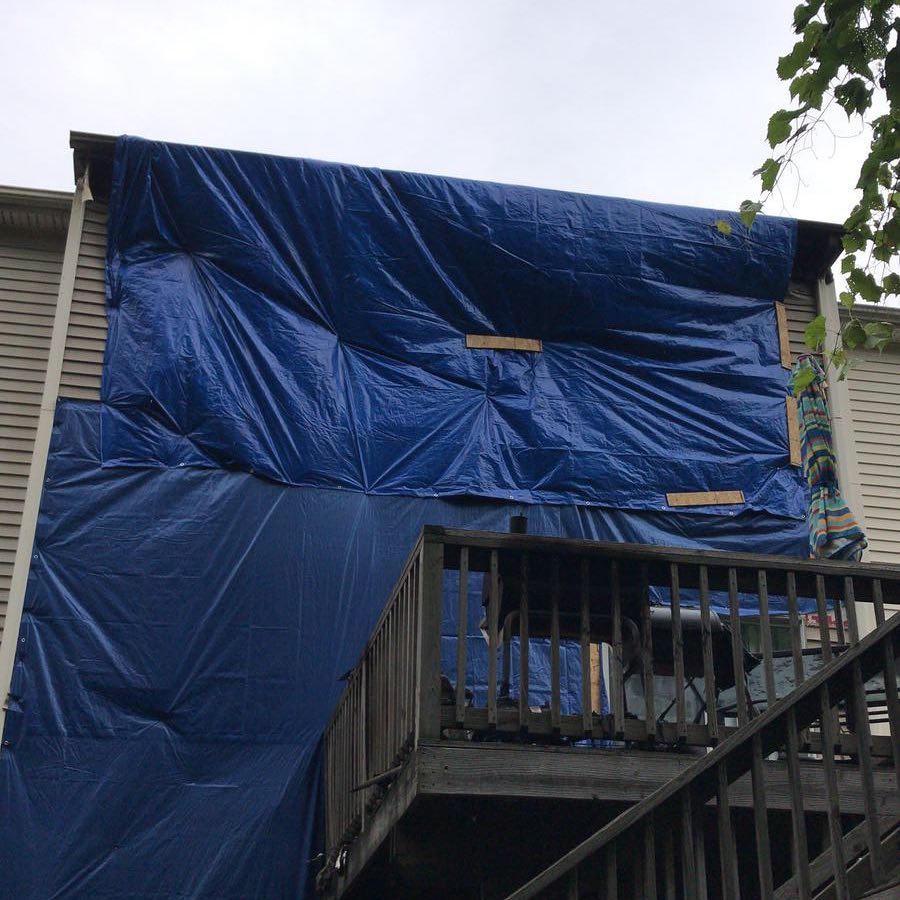
When dealing with apartment building flood damage, you need a reliable and local team of Philly damage restoration experts in your corner. We've restored 100s of properties, both residential and commercial, in the Philly area and we're ready to come out and help you 24/7.
We're certified, insured, and work with all insurance companies. We understand how overwhelming it can be dealing with unexpected damage so let us assist you with your claim so you can focus on getting your business back on track.

Request a Free Estimate
or call (445) 234-4123
By submitting the form, you agree to our Terms of Service and Privacy Policy.
Apartment buildings in Philadelphia, with their complex infrastructure and high occupancy rates, are particularly vulnerable to water damage. Whether from a sudden flood, a persistent leak, or a plumbing issue, water damage can have far-reaching consequences, impacting both the structural integrity of the building and the well-being of its residents. For apartment building superintendents, managers, and boards, knowing how to prevent, detect, and respond to water damage is critical.
Common Sources of Water Damage in Apartment Buildings
Understanding the common causes of water damage can help you take proactive steps to mitigate risk. Here are some frequent culprits:
1. Plumbing Leaks
Plumbing systems in older Philadelphia buildings may be more prone to leaks due to aging pipes, faulty fixtures, or poor maintenance. A small leak, if left unattended, can lead to significant water damage over time, affecting multiple units and common areas.
2. Roof and Gutter Failures
Philadelphia’s seasonal weather, including heavy rainfall and snow, can wreak havoc on a building’s roof and gutter systems. Clogged gutters and downspouts can cause water to overflow, leading to leaks in the roof and water damage in top-floor units and common areas.
3. HVAC System Malfunctions
Malfunctioning HVAC systems can cause water damage if the condensate drains become clogged or if the units themselves leak. This type of water damage is often gradual but can lead to mold growth and structural issues if not addressed promptly.
4. Appliance Failures
In-unit appliances like dishwashers, washing machines, and refrigerators with ice makers are common sources of leaks. These can cause localized flooding and water damage in individual units, which can spread if not quickly contained.
5. Flooding from External Sources
Philadelphia is no stranger to heavy storms and flash floods. Buildings located in flood-prone areas or near bodies of water are at higher risk of flooding, which can result in widespread water damage across multiple units and common areas.
Preventative Measures to Minimize Water Damage
Preventing water damage requires a proactive approach. Here are some steps that superintendents, managers, and boards can take to protect their buildings:
1. Regular Inspections
Conduct regular inspections of plumbing systems, roofs, gutters, and HVAC units to catch potential issues before they become major problems. Pay special attention to areas that are more prone to leaks, such as basements, attics, and exterior walls.
2. Maintain Roof and Gutter Systems
Ensure that the building’s roof is in good condition and that gutters and downspouts are clear of debris. This helps prevent water from pooling on the roof and leaking into the building. Consider installing gutter guards to reduce maintenance needs.
3. Install Water Detection Systems
Water detection systems can be installed in high-risk areas such as boiler rooms, utility closets, and near appliances. These systems can alert building staff to the presence of water before it causes significant damage.
4. Implement a Flood Management Plan
For buildings located in flood-prone areas, having a flood management plan is essential. This plan should include sandbags, sump pumps, and other flood control measures, as well as a clear evacuation protocol for residents.
5. Educate Residents
Encourage residents to report leaks or water issues immediately and provide them with guidelines on how to minimize water damage in their units. This can include shutting off water in case of a major leak and knowing who to contact in an emergency.
Responding to Water Damage
Despite the best preventative measures, water damage can still occur. When it does, a swift and effective response is crucial:
1. Immediate Action
As soon as water damage is detected, take immediate action to stop the source of the water. This may involve shutting off the water supply, using buckets or towels to contain leaks, or activating sump pumps in the case of flooding.
2. Professional Assessment
Once the situation is under control, contact a professional water damage restoration company like Philly Damage Restoration. Our experts can assess the extent of the damage, develop a remediation plan, and begin the restoration process, including water extraction, drying, and dehumidification.
3. Mold Prevention
Mold can begin to grow within 24 to 48 hours of water exposure. Ensure that the affected areas are thoroughly dried and ventilated. Philly Damage Restoration can also provide mold remediation services if necessary.
4. Insurance Claims
Document the damage thoroughly with photos and detailed descriptions. This will be essential when filing insurance claims. Philly Damage Restoration can assist with this process, providing documentation and working directly with your insurance company to expedite the claim.
Long-Term Considerations
Water damage not only causes immediate harm but can also lead to long-term issues if not properly addressed. These include structural weakening, mold growth, and deterioration of building materials. For apartment building superintendents, managers, and boards in Philadelphia, it’s essential to consider long-term maintenance and monitoring to prevent future incidents.
1. Regular Maintenance
Continue regular inspections and maintenance of plumbing, roofing, and HVAC systems. Schedule these tasks at least once a year, and more frequently for older buildings.
2. Upgrade Building Systems
Consider upgrading old plumbing and HVAC systems with modern, more reliable options. This can reduce the likelihood of future leaks and water damage.
3. Review and Update Insurance Policies
Ensure that the building’s insurance policies are up to date and provide adequate coverage for water damage, including flood damage if the building is in a high-risk area. It’s also wise to review the policies regularly and make adjustments as needed.
Frequently Asked Questions About Apartment Building Flood Damage in Philly
Regular inspections and maintenance of plumbing systems are key. Replacing old pipes, tightening loose connections, and ensuring that residents are aware of the importance of reporting leaks immediately can help prevent major plumbing issues.





















